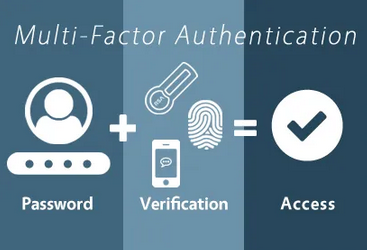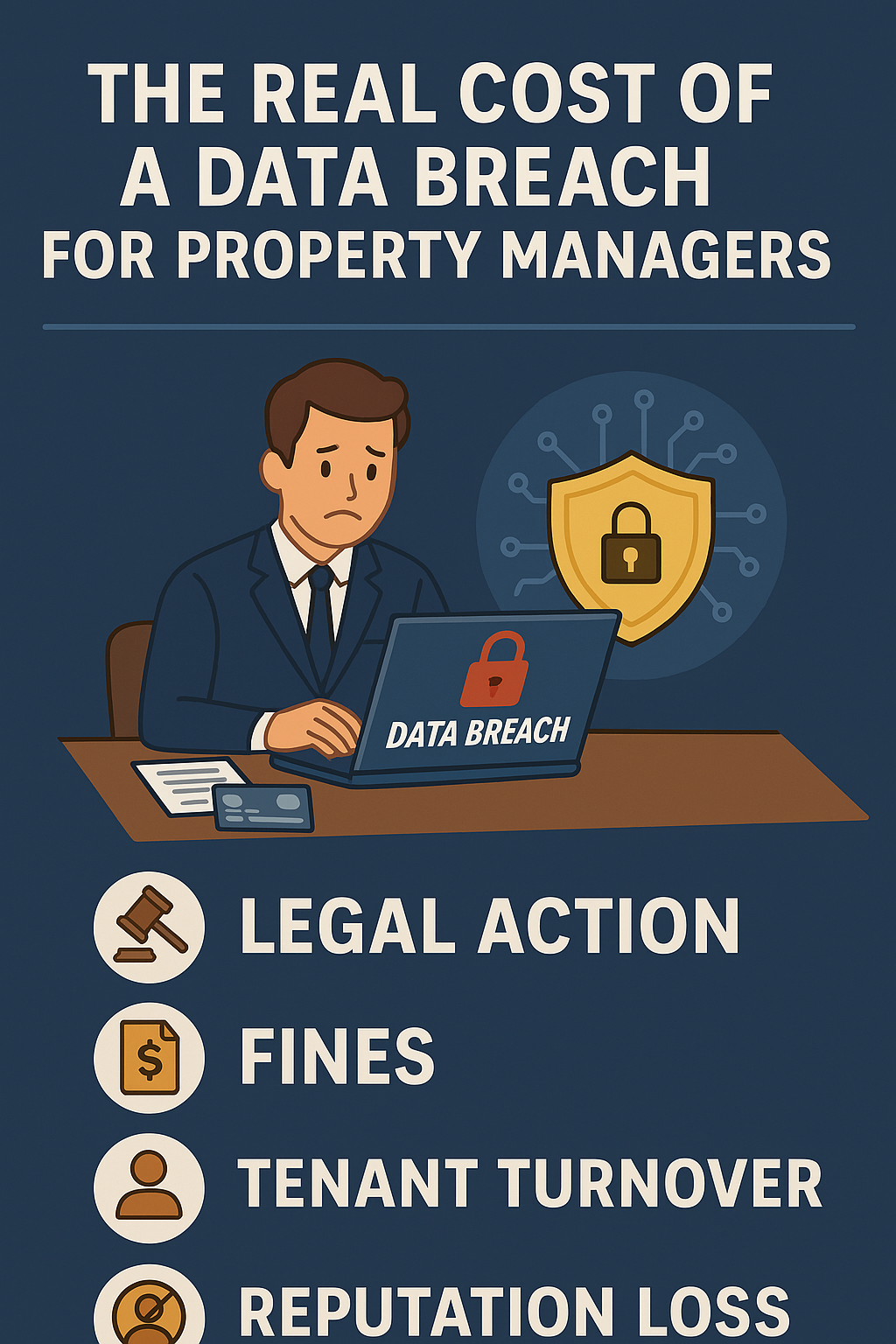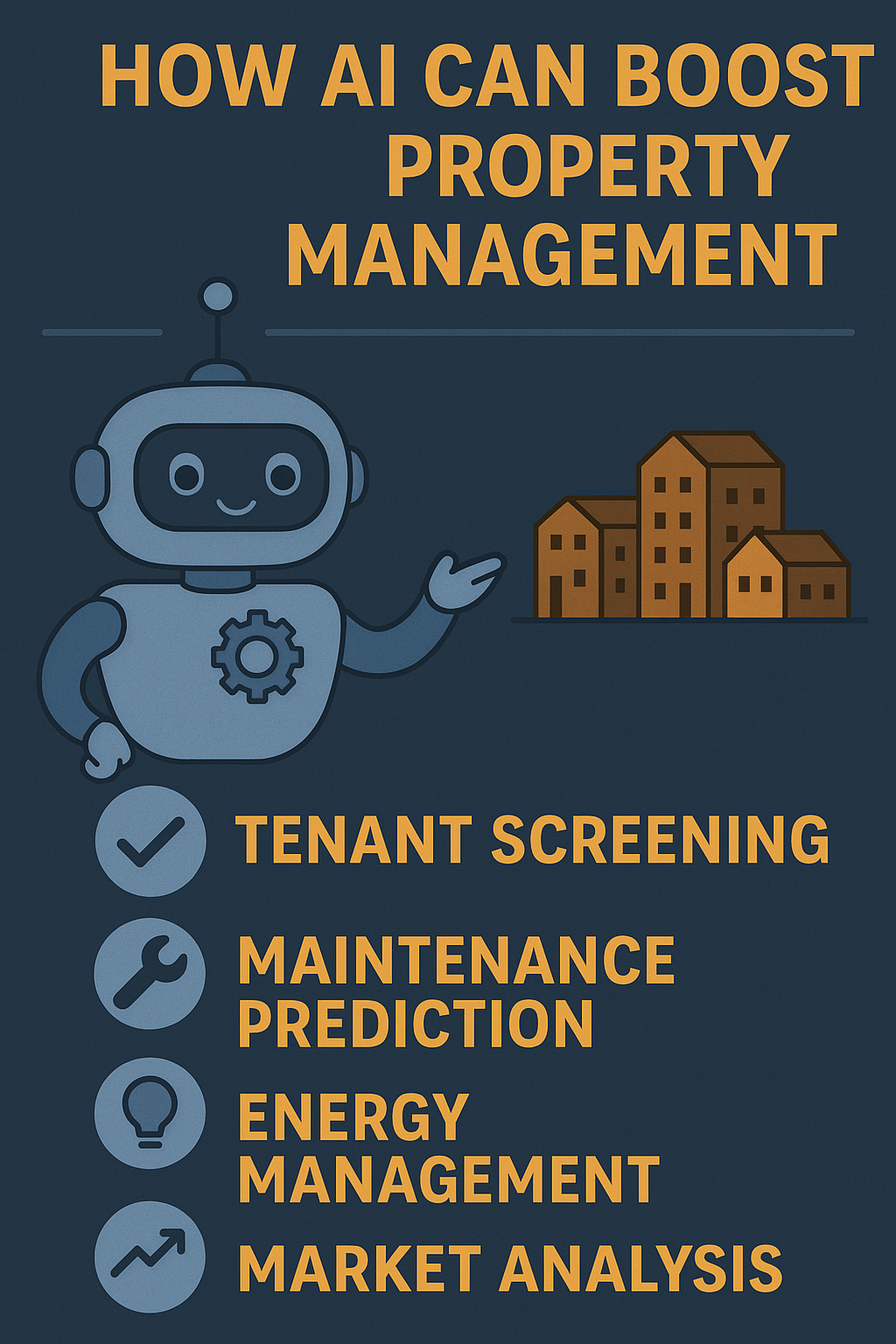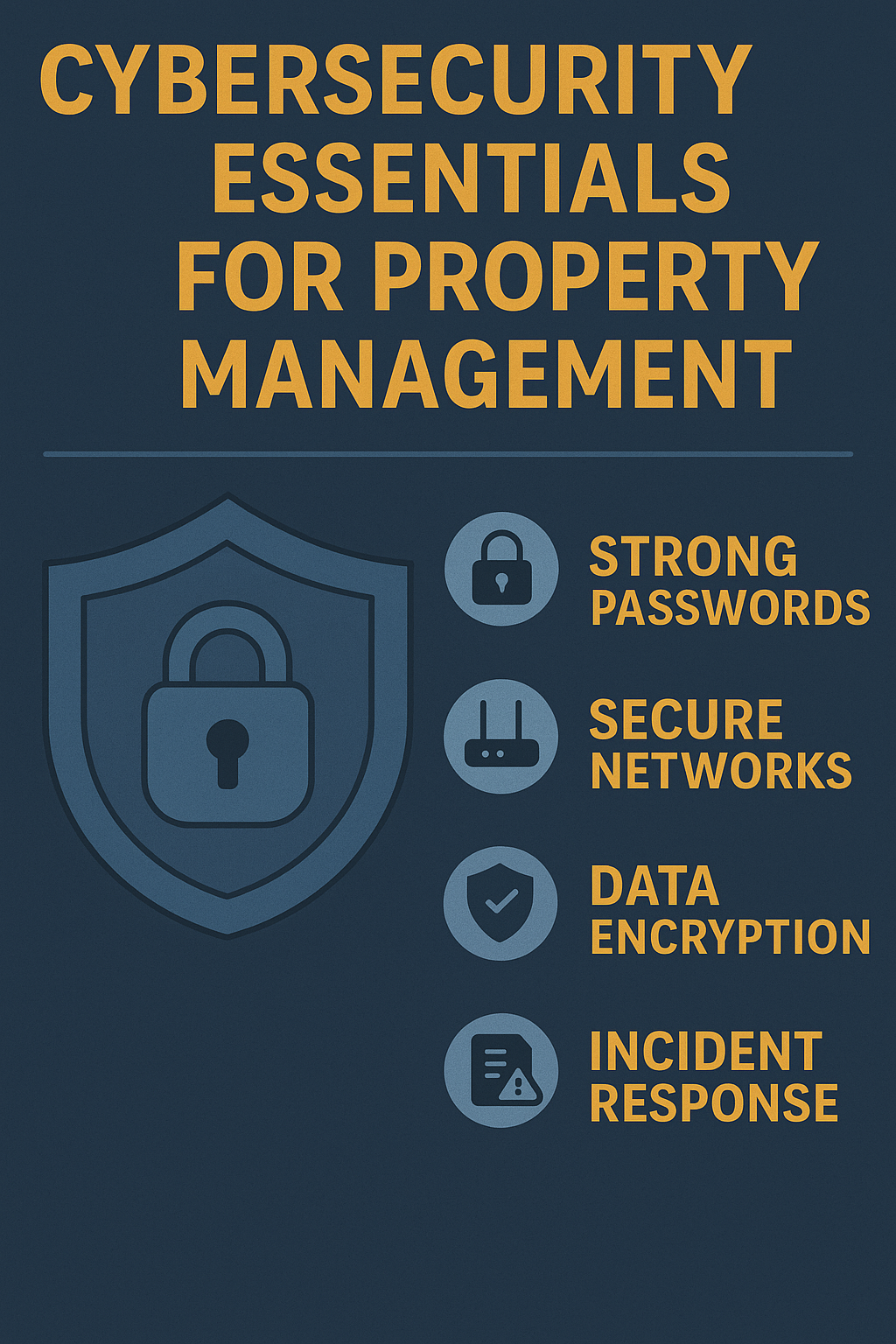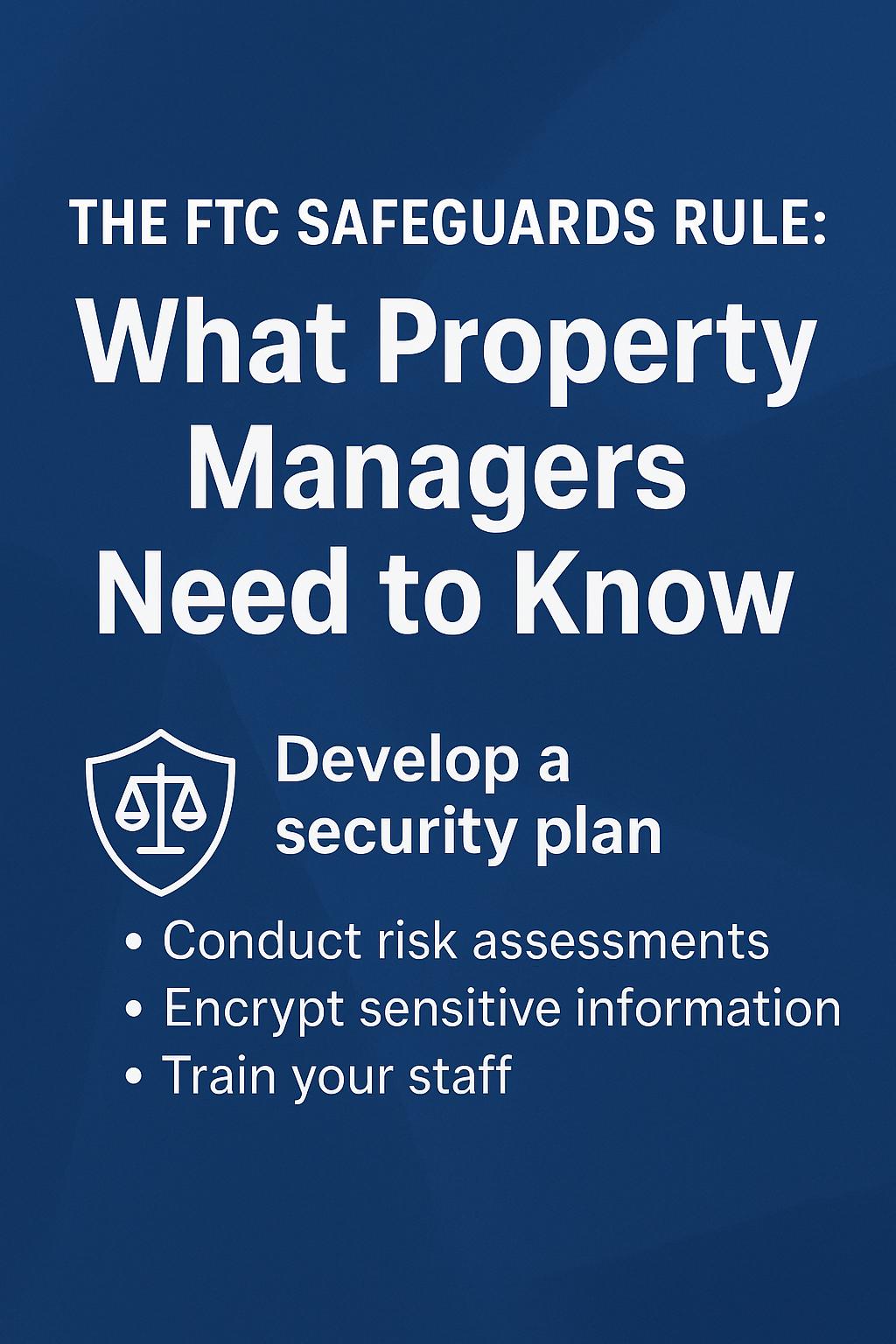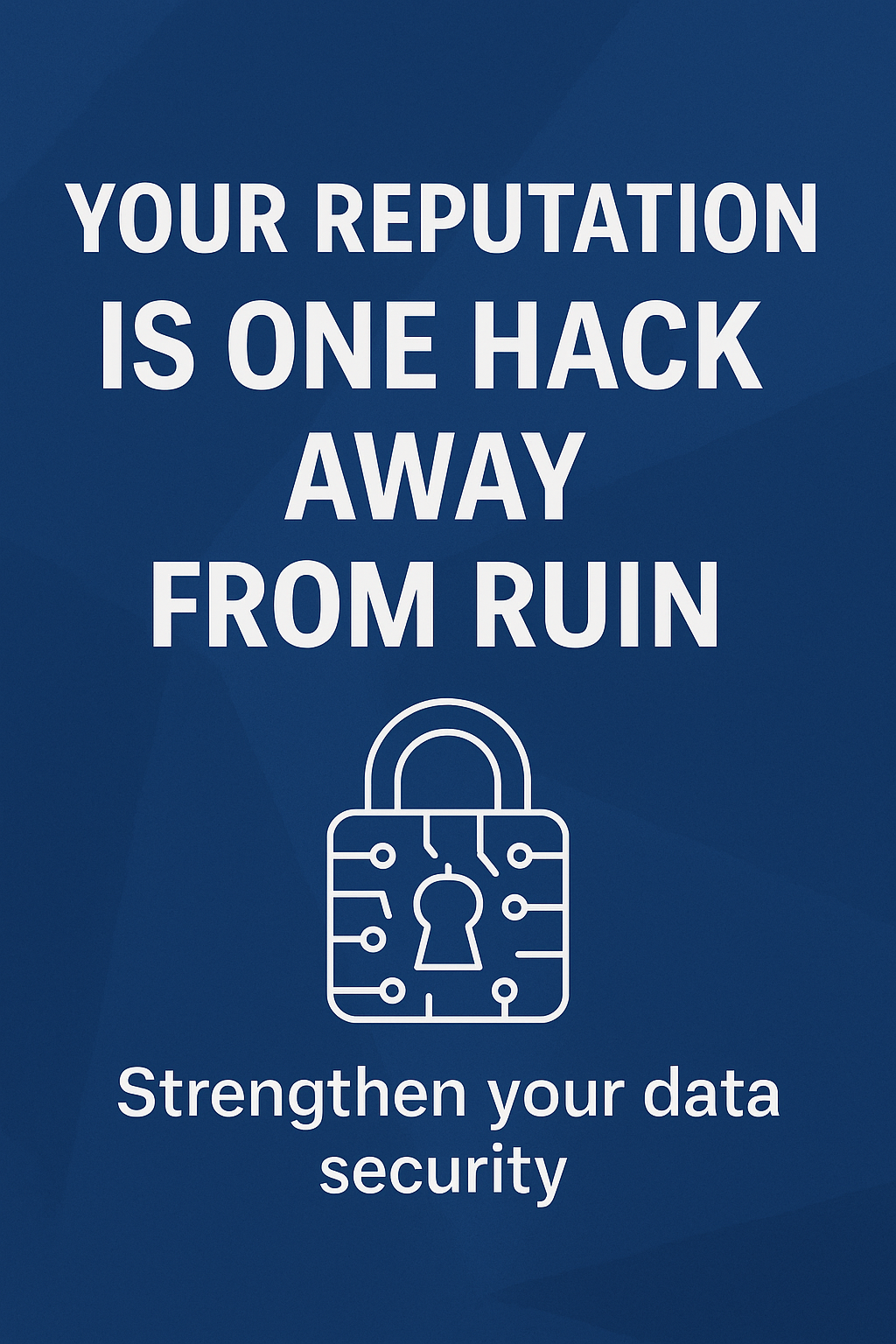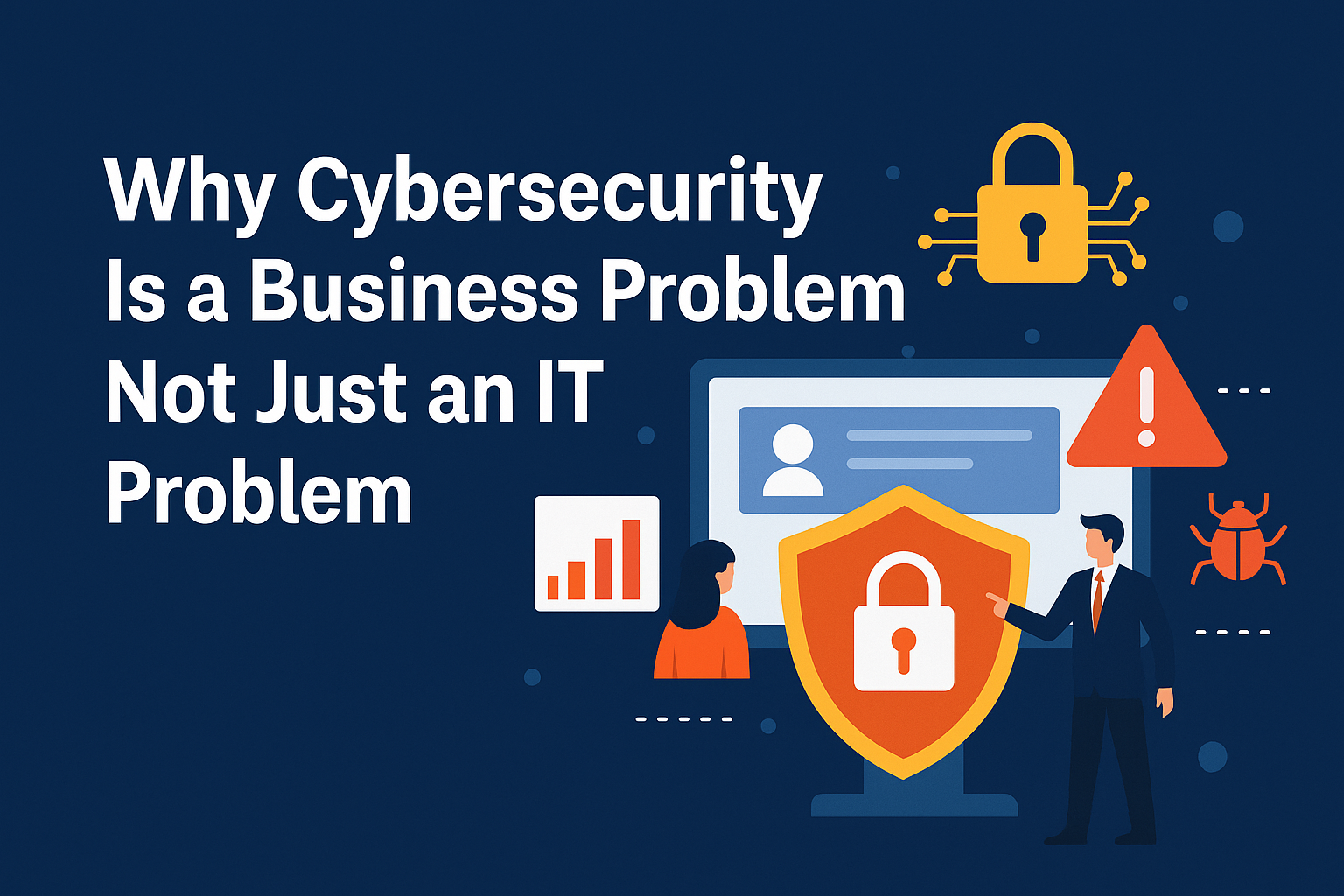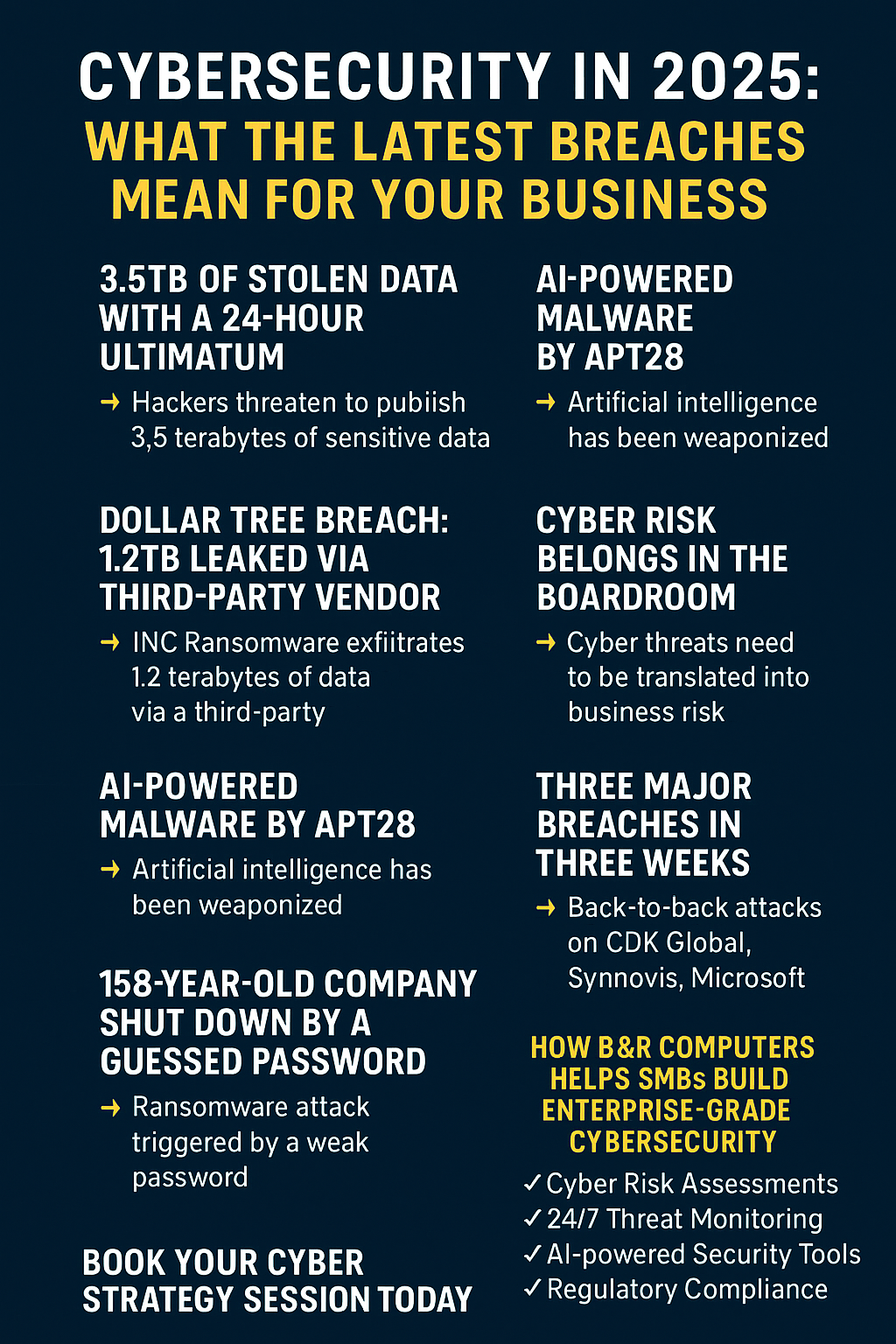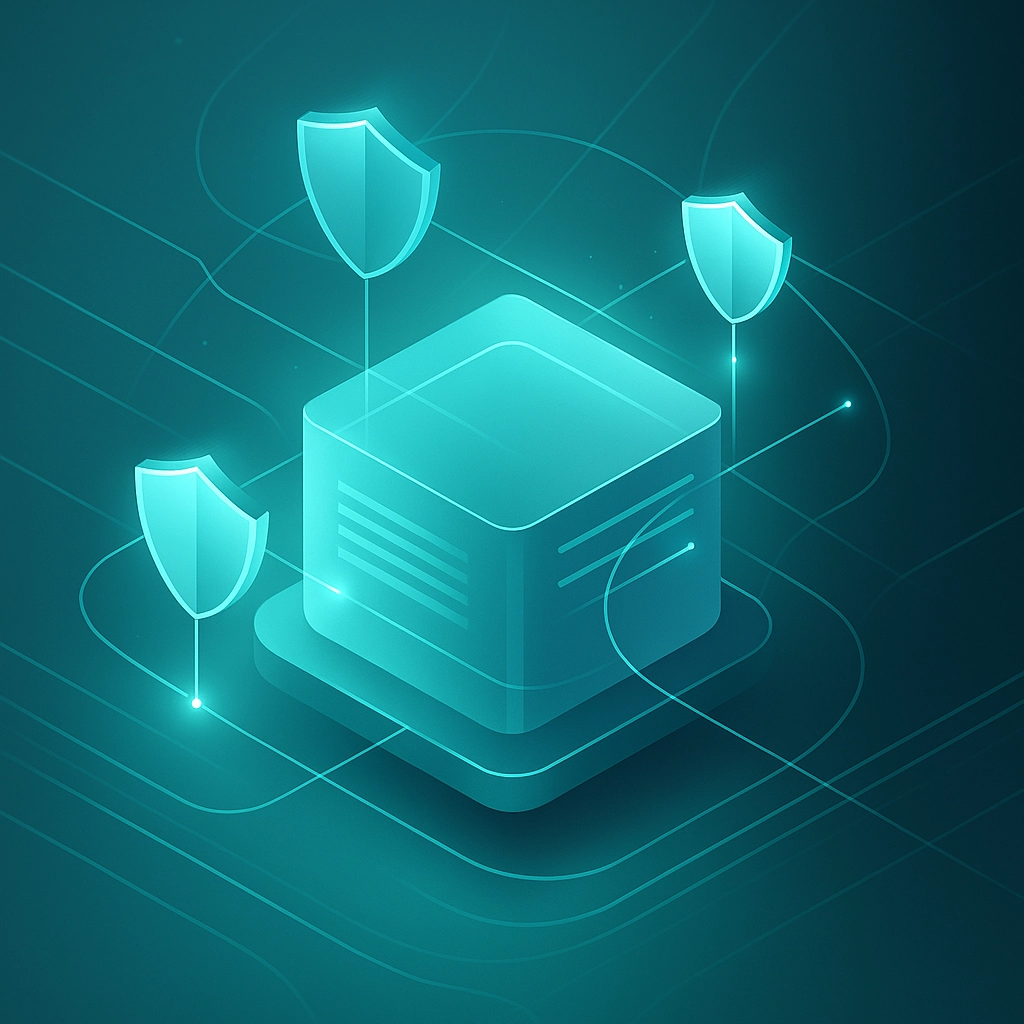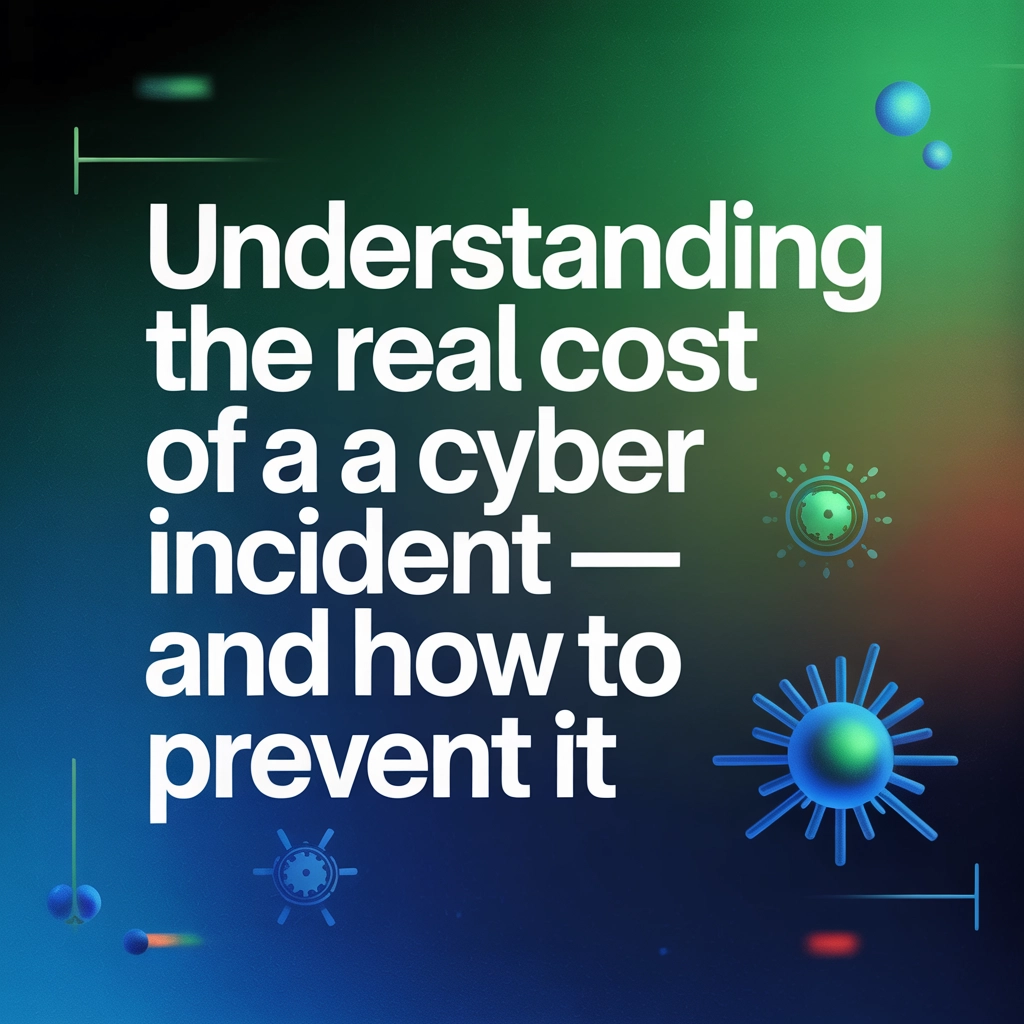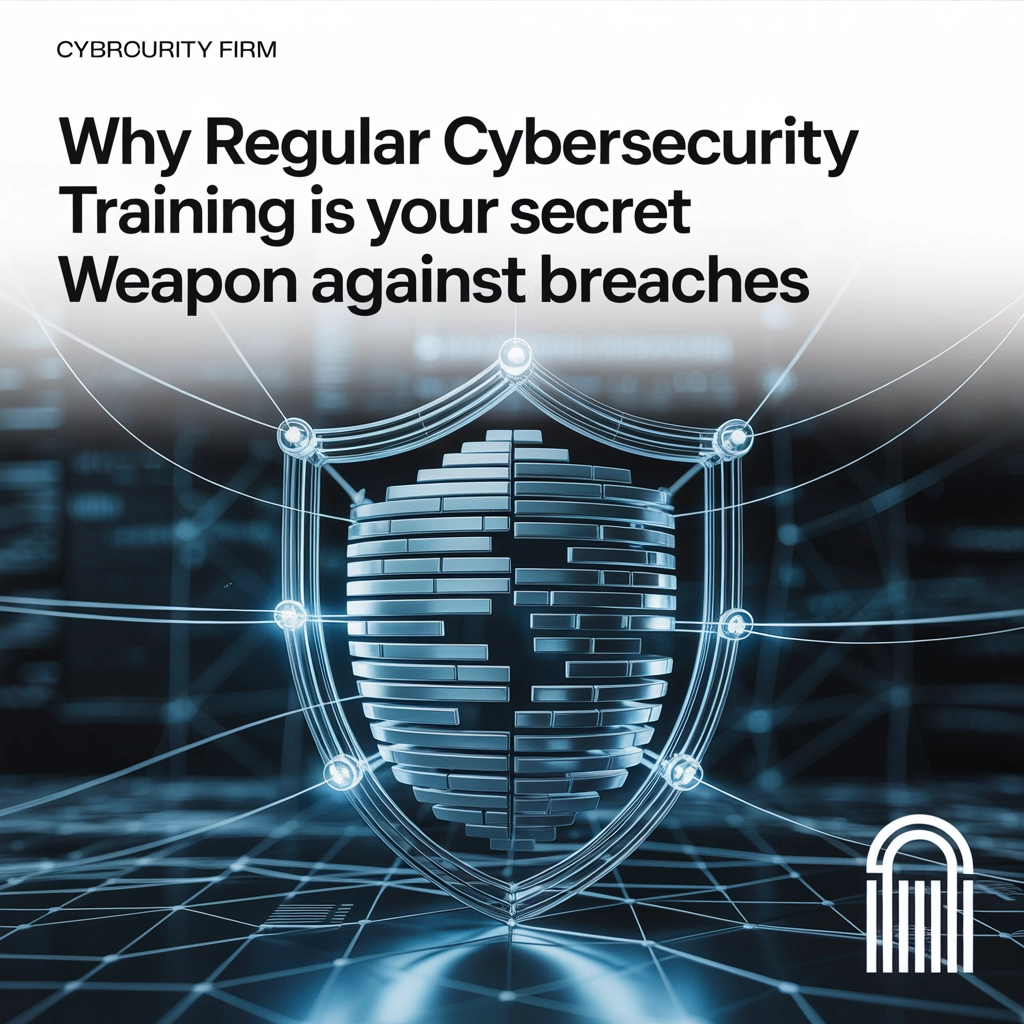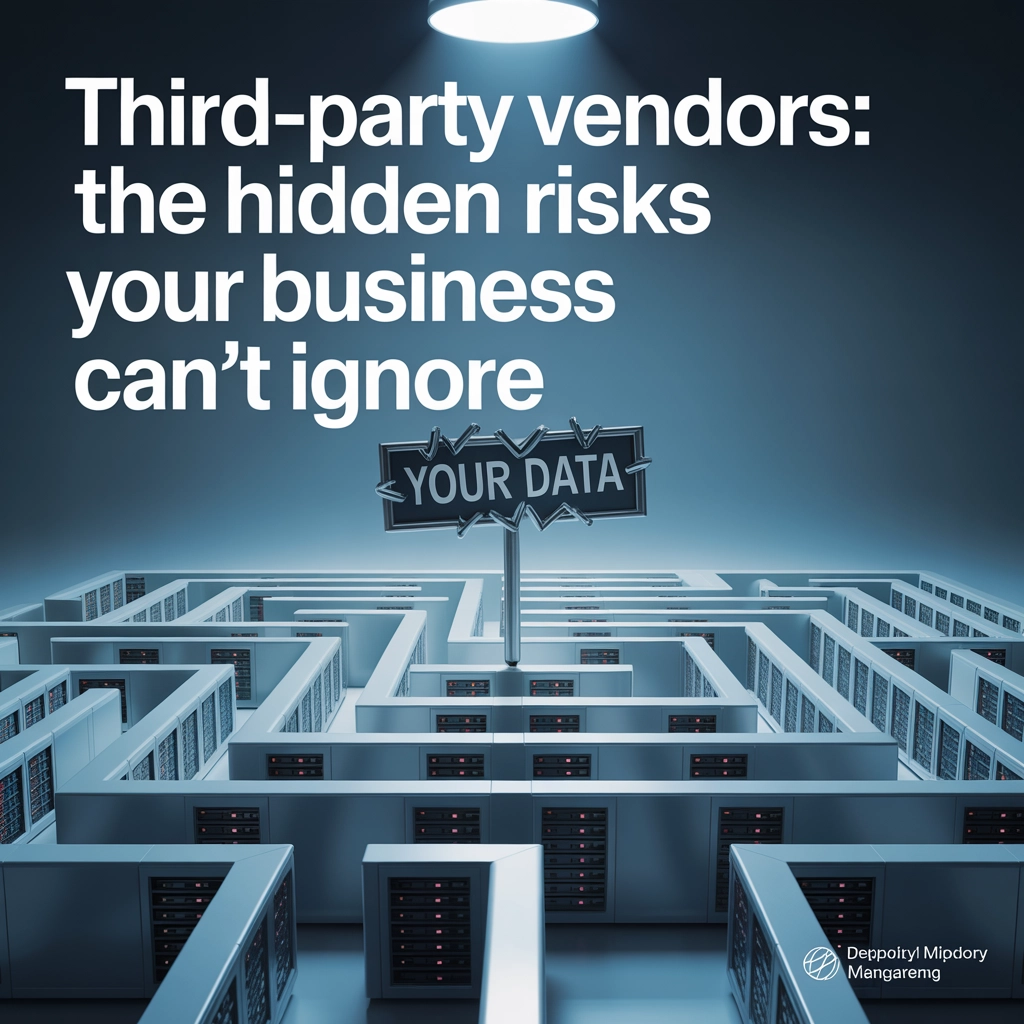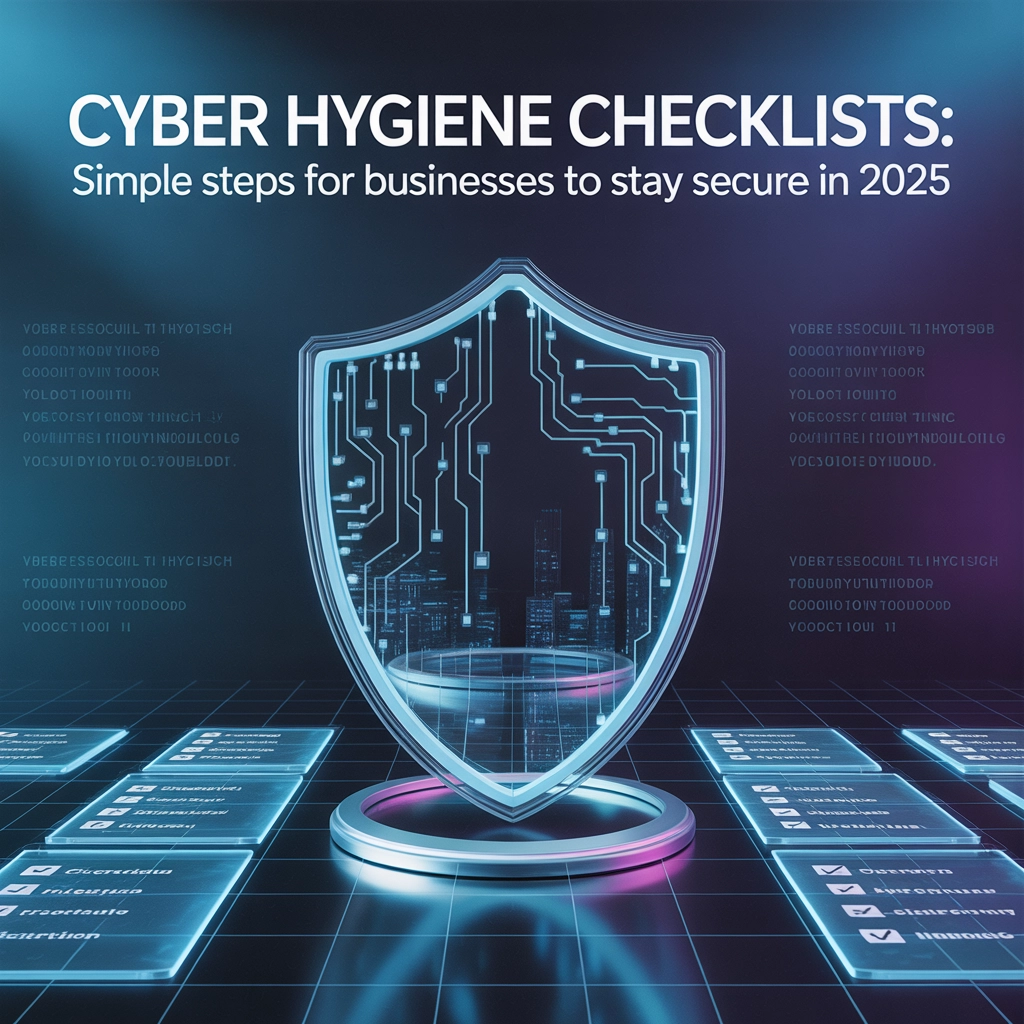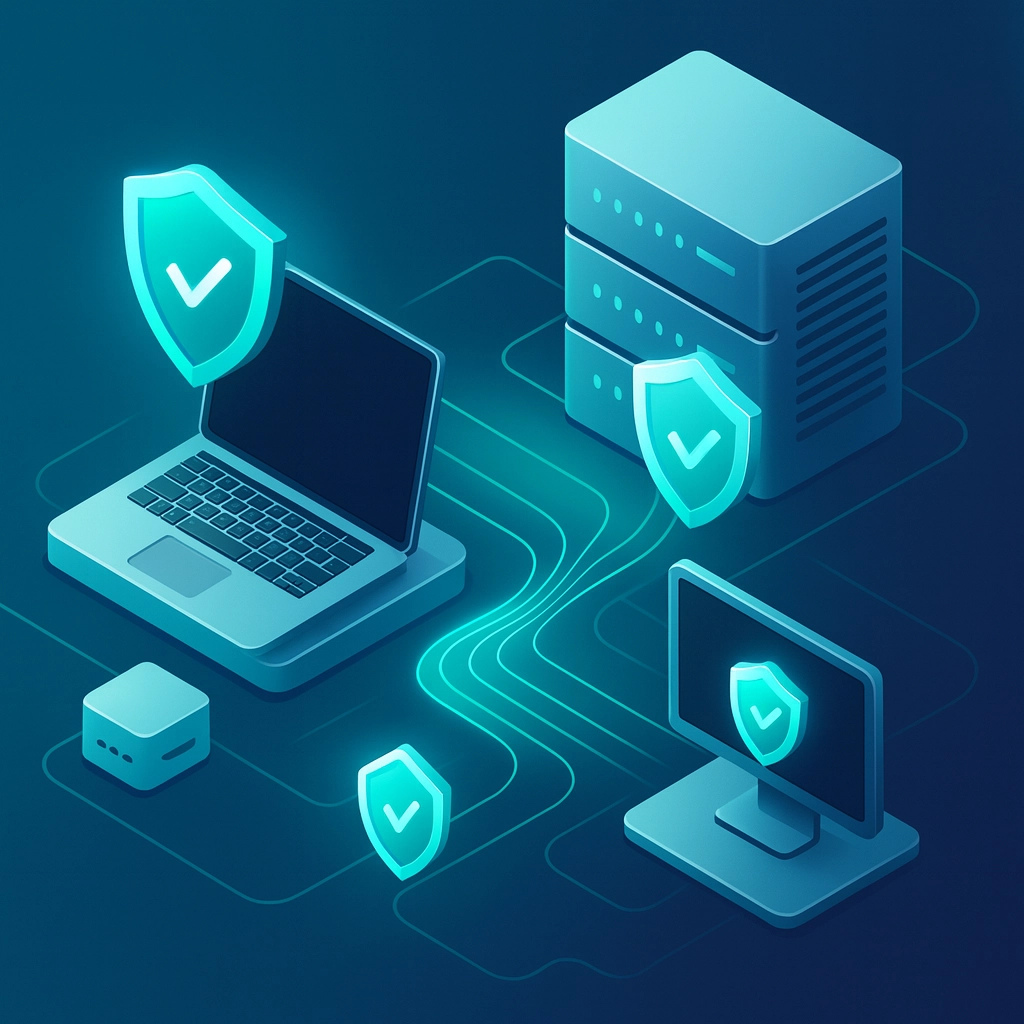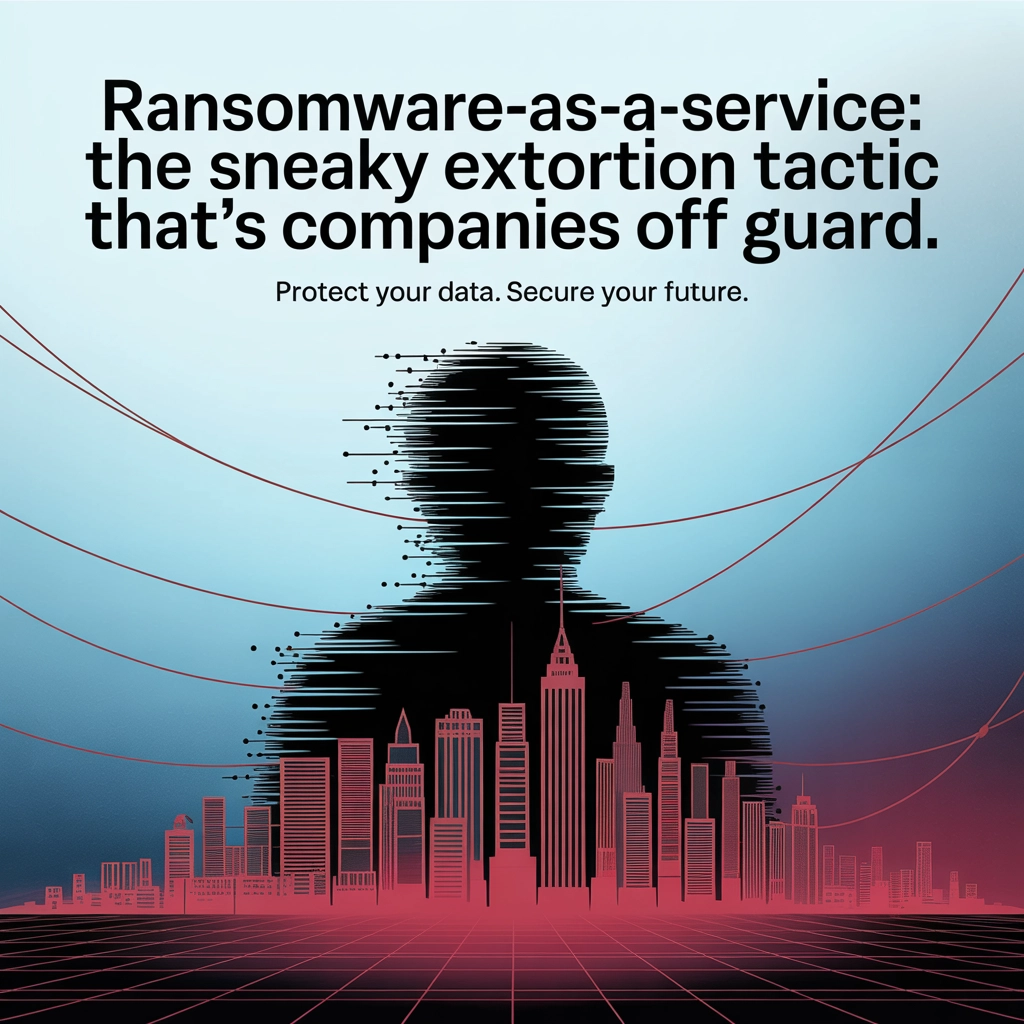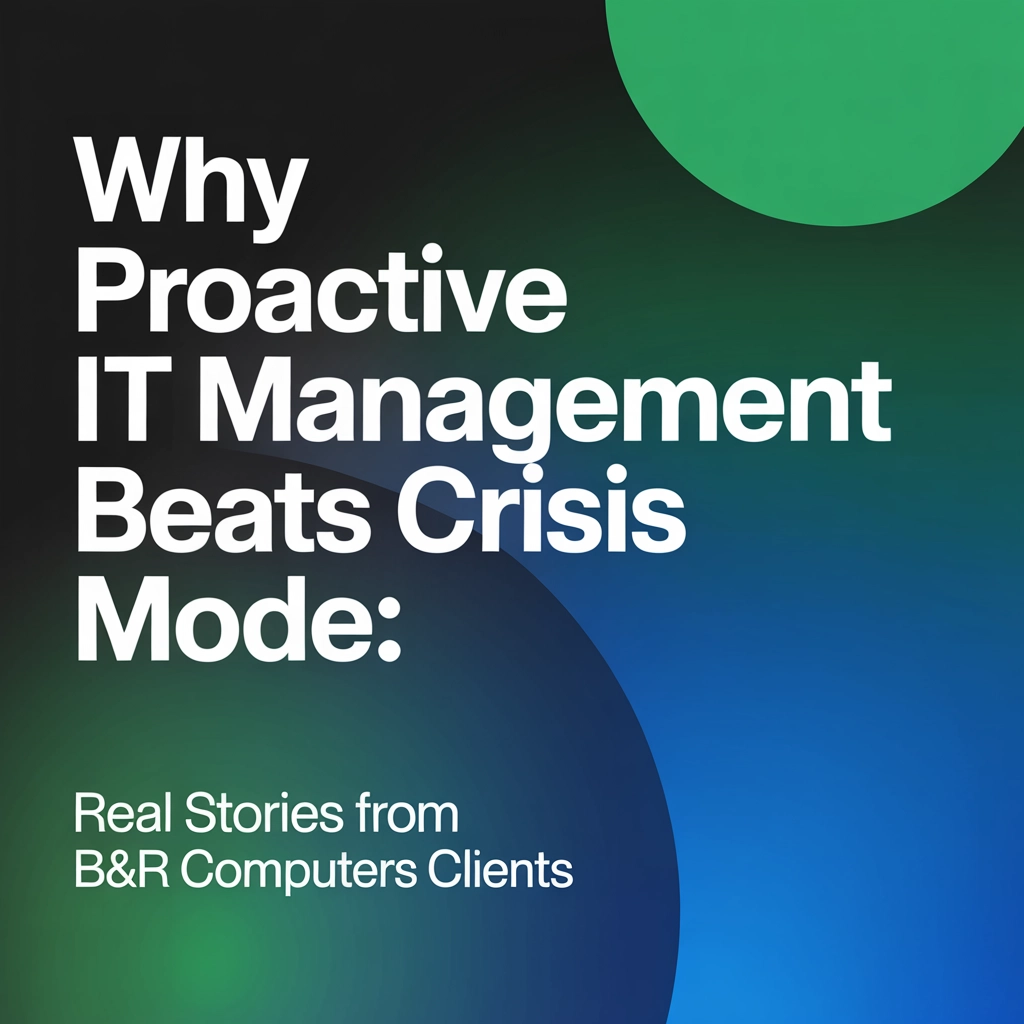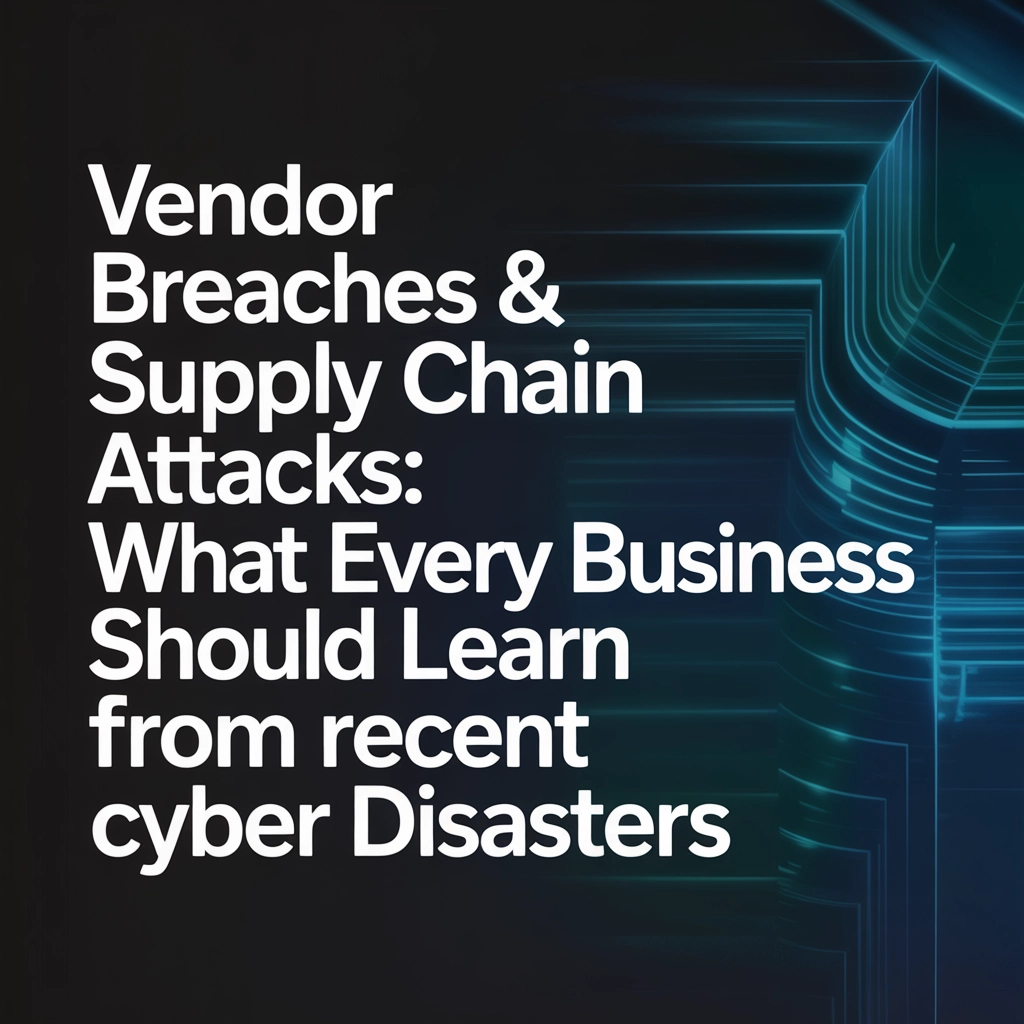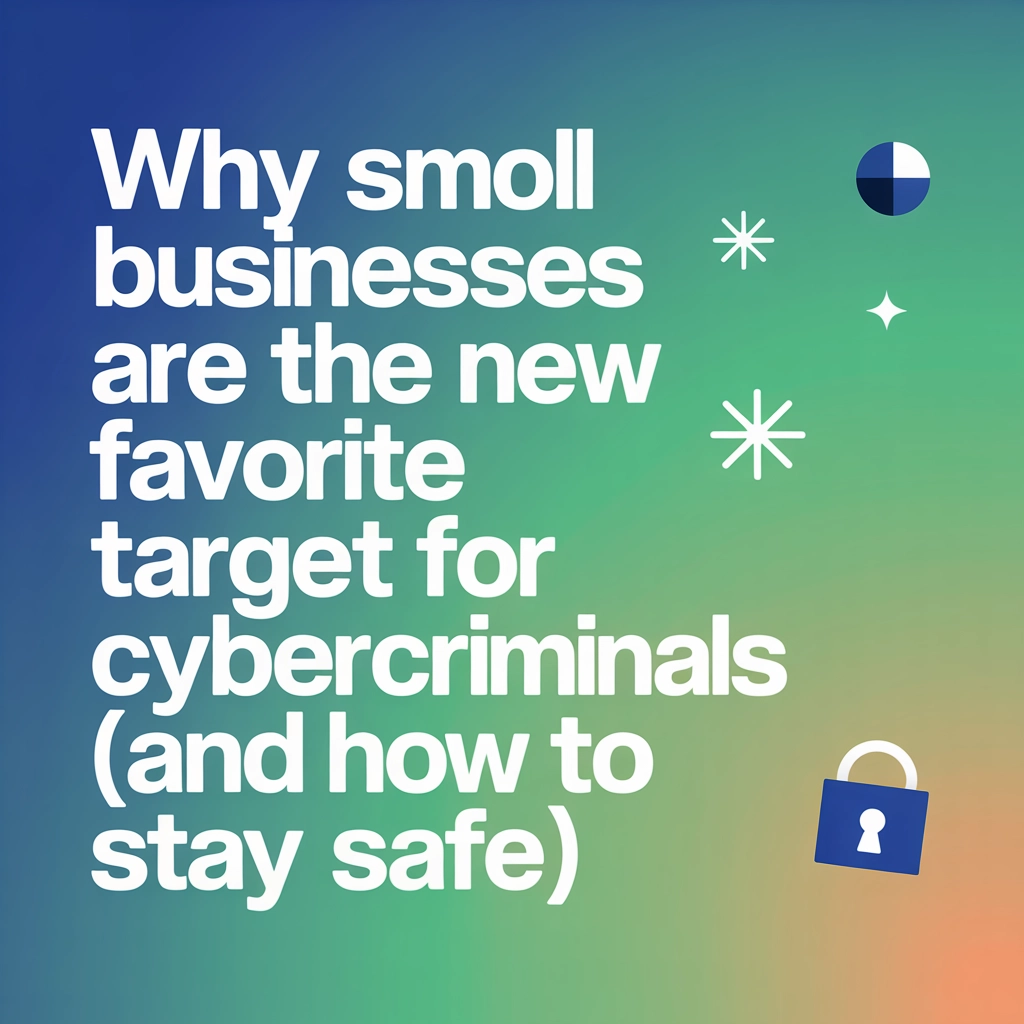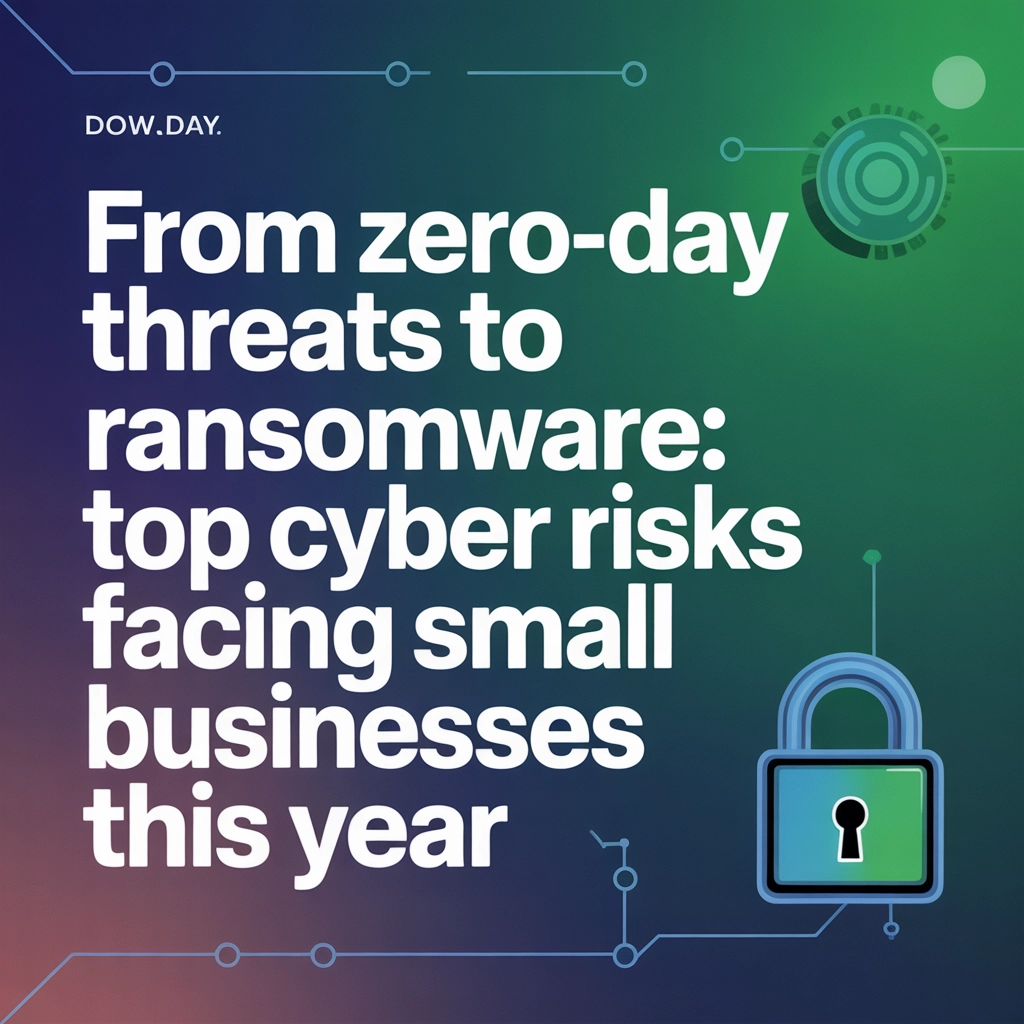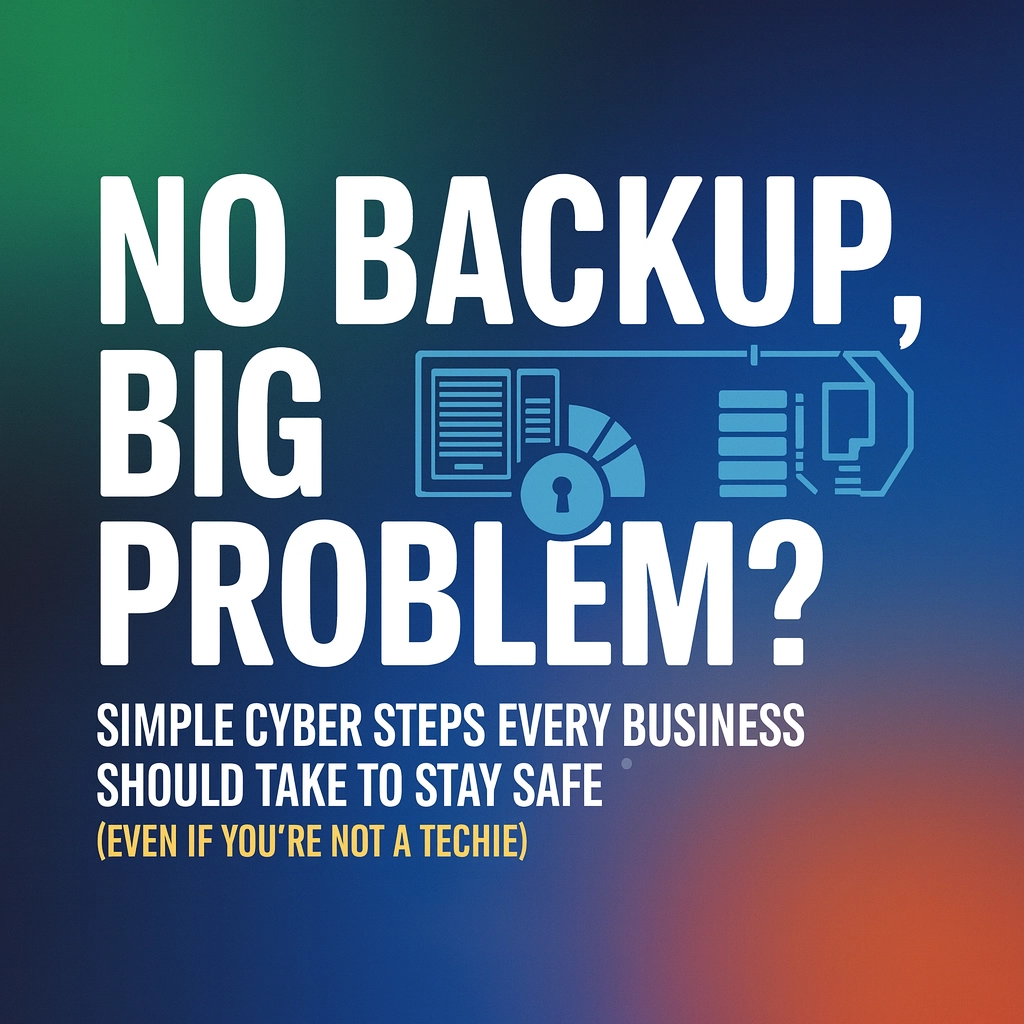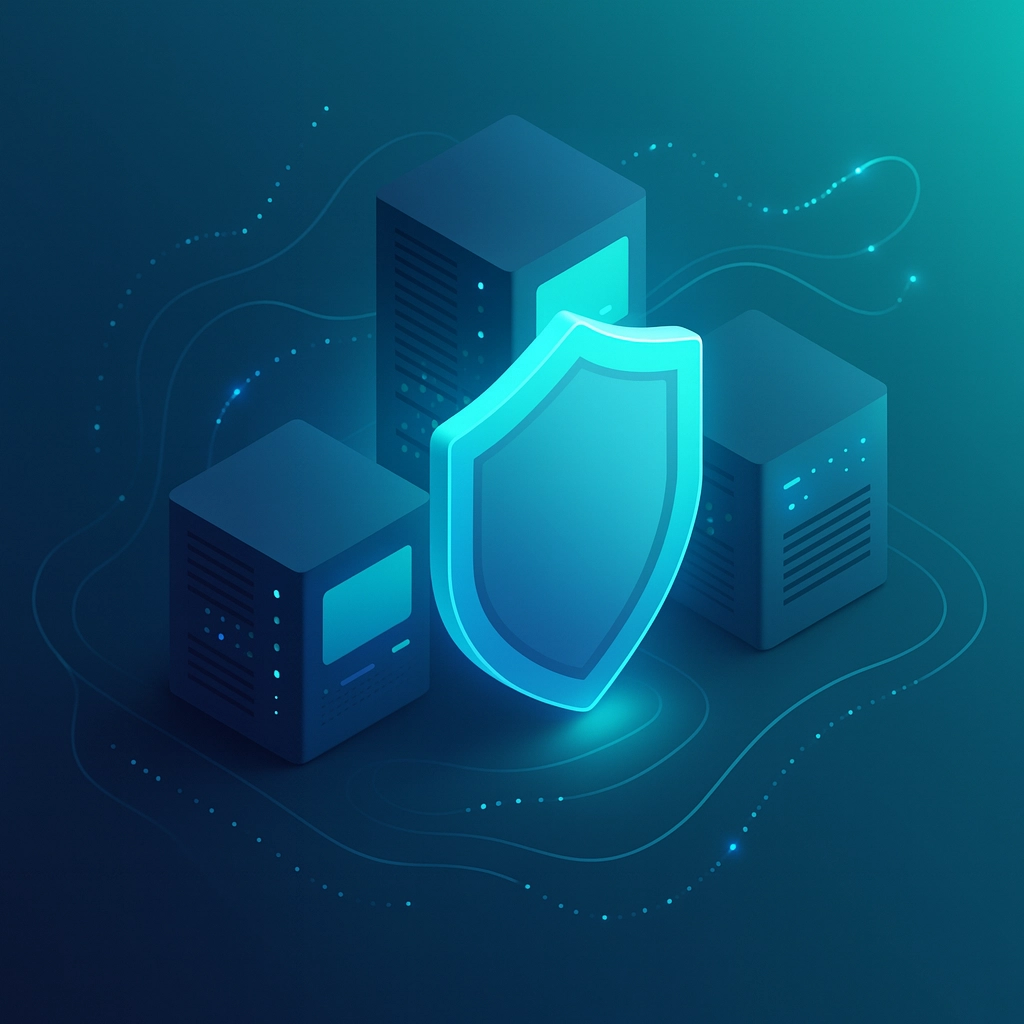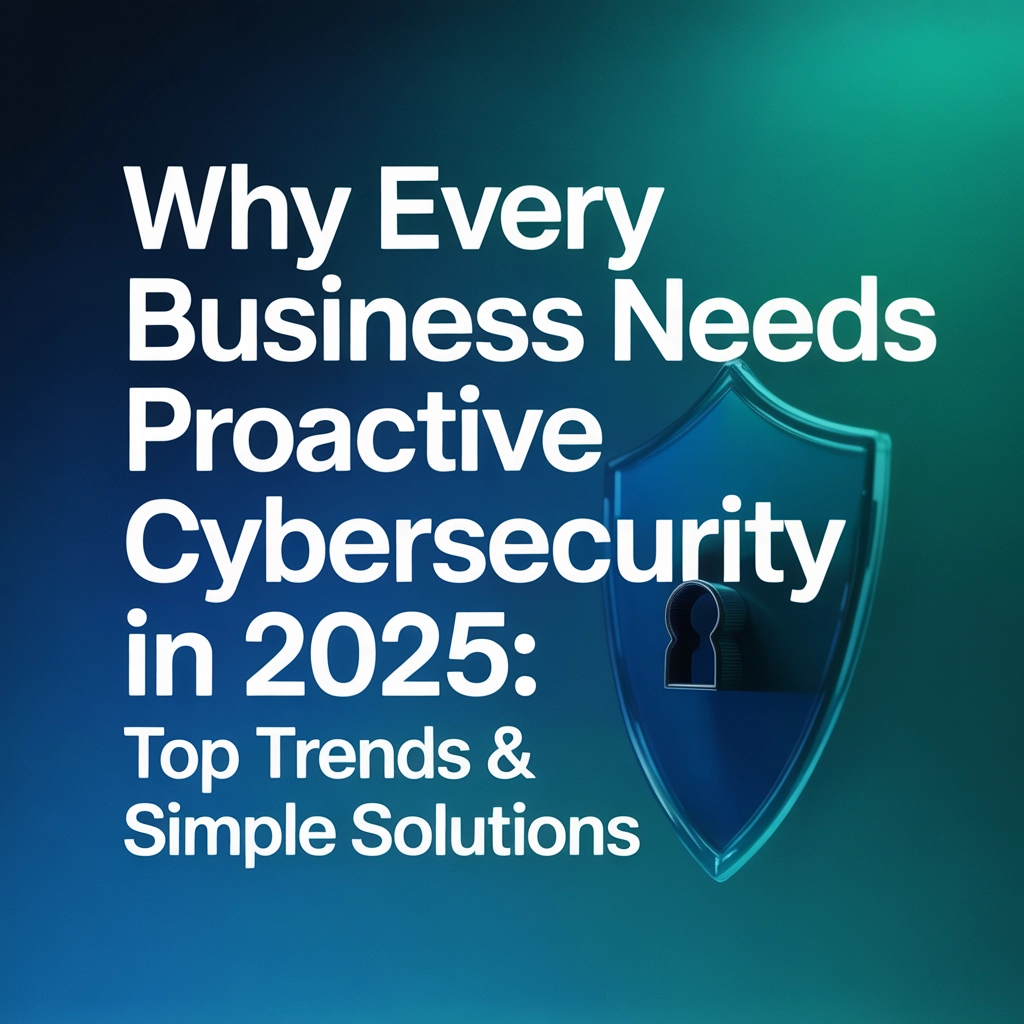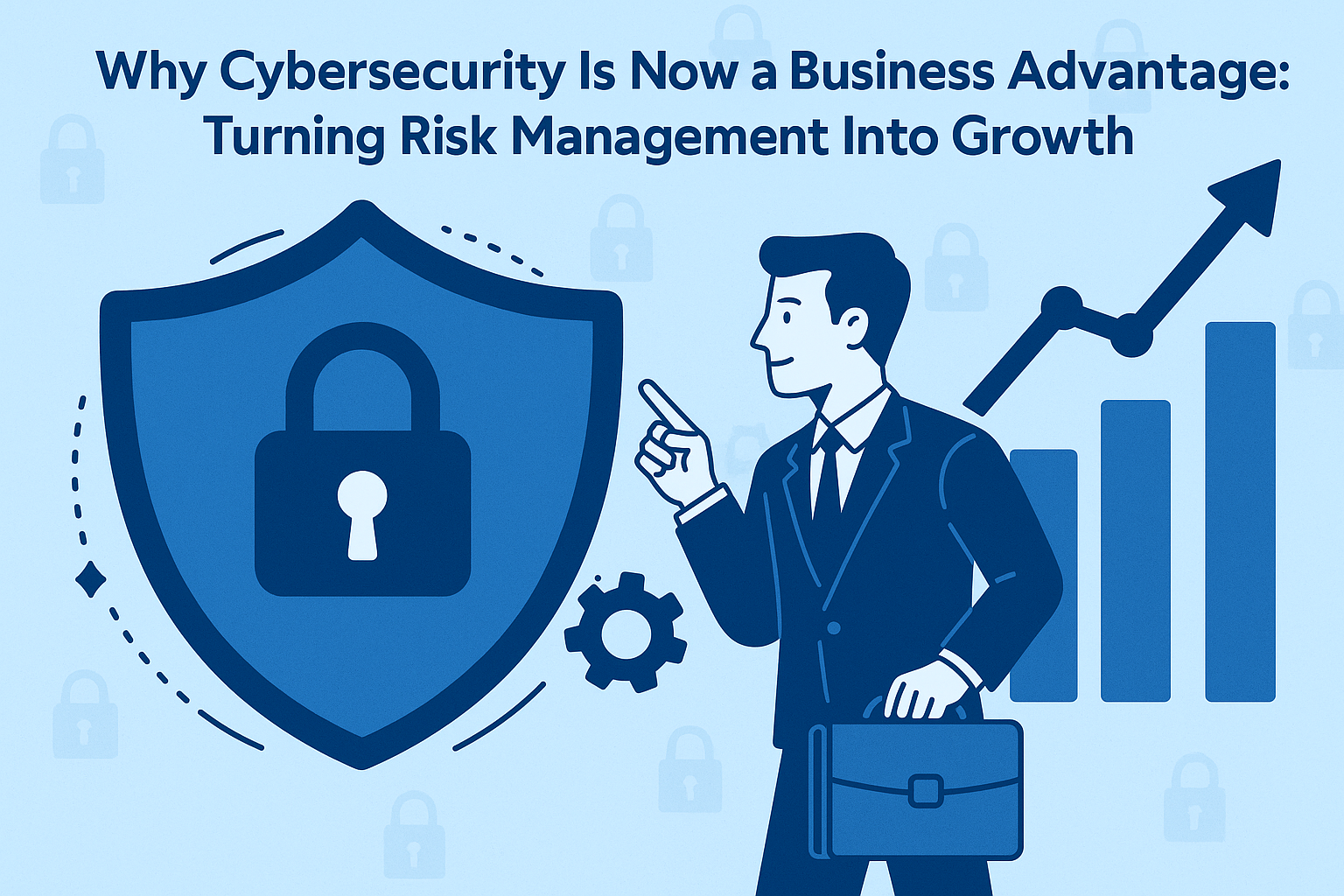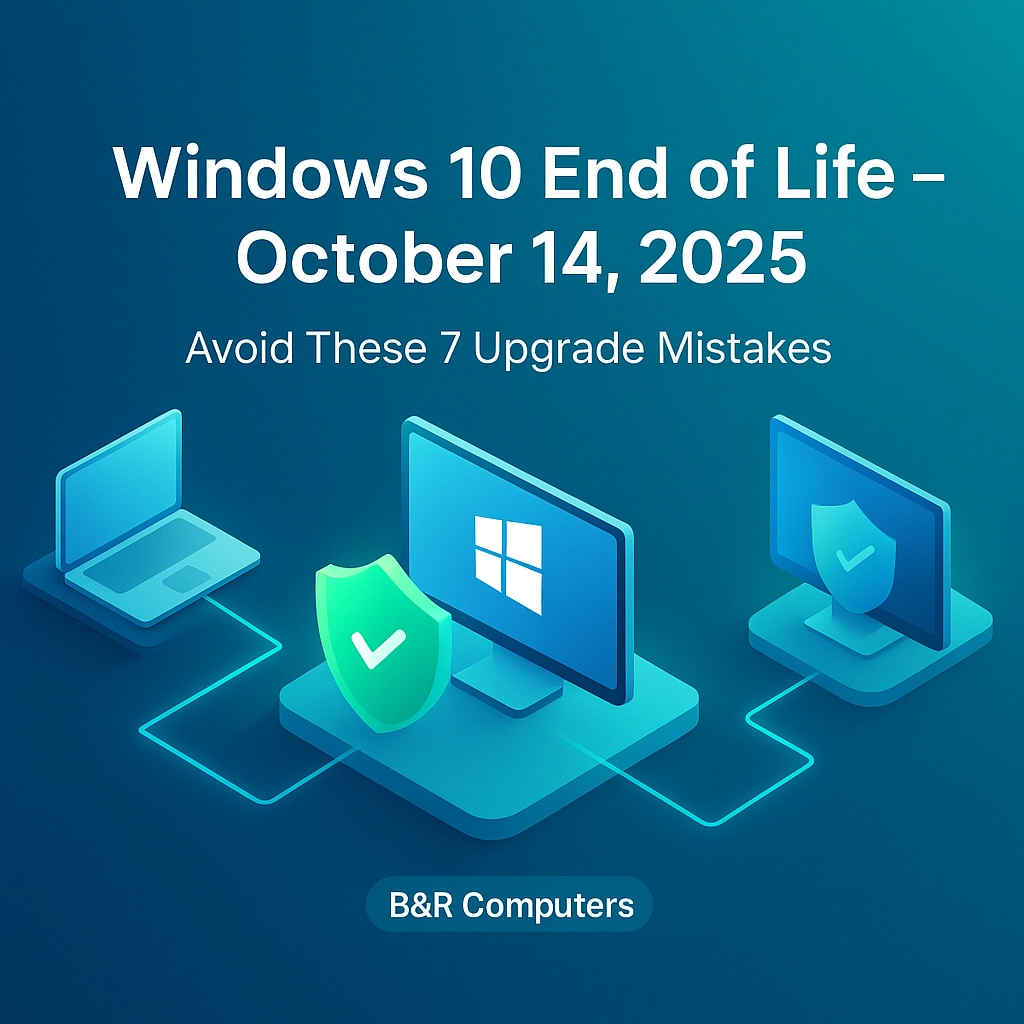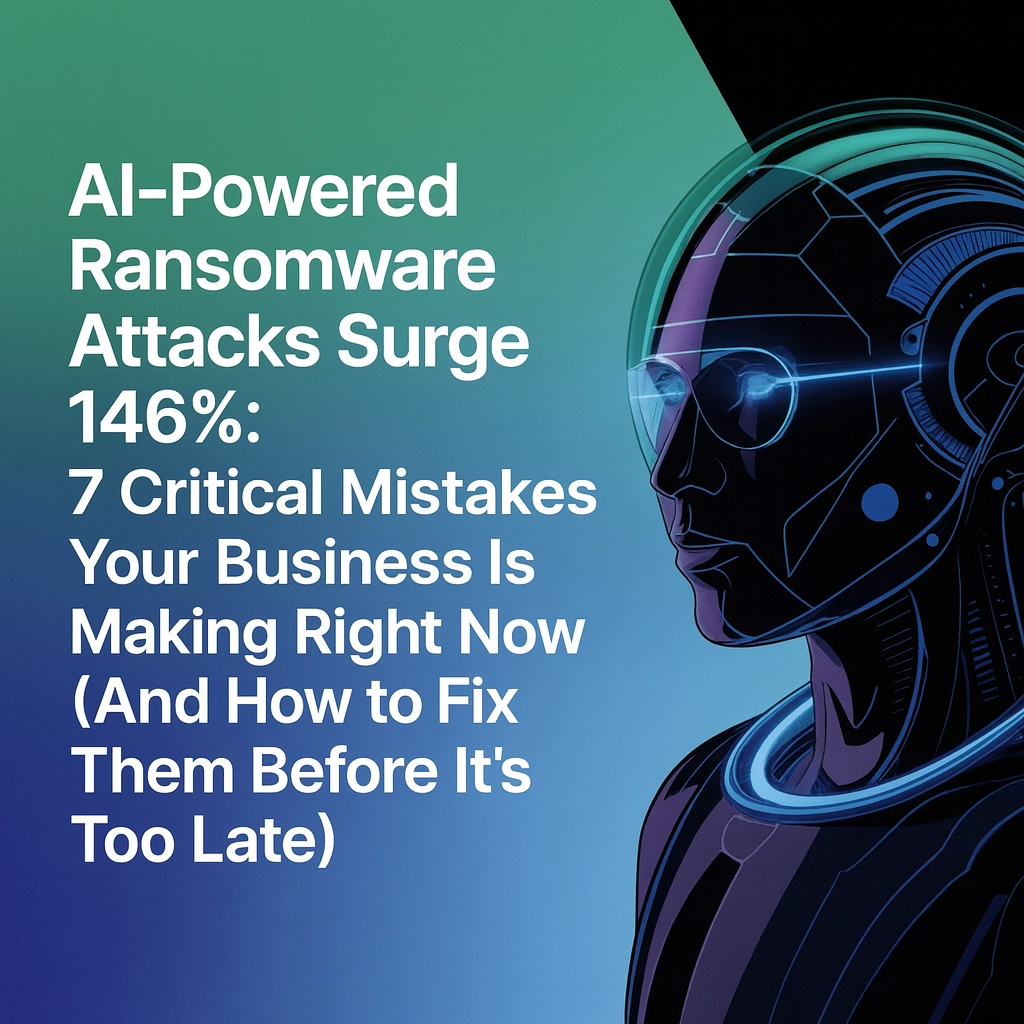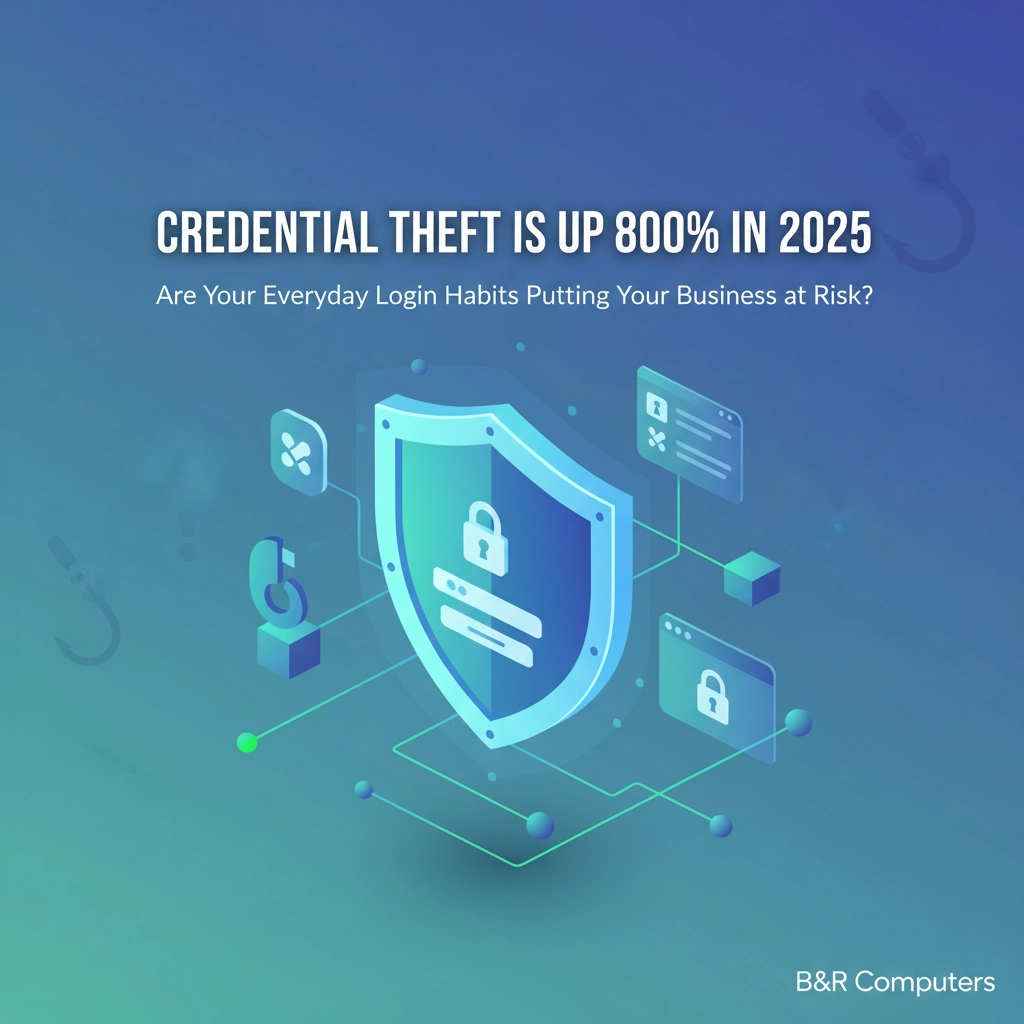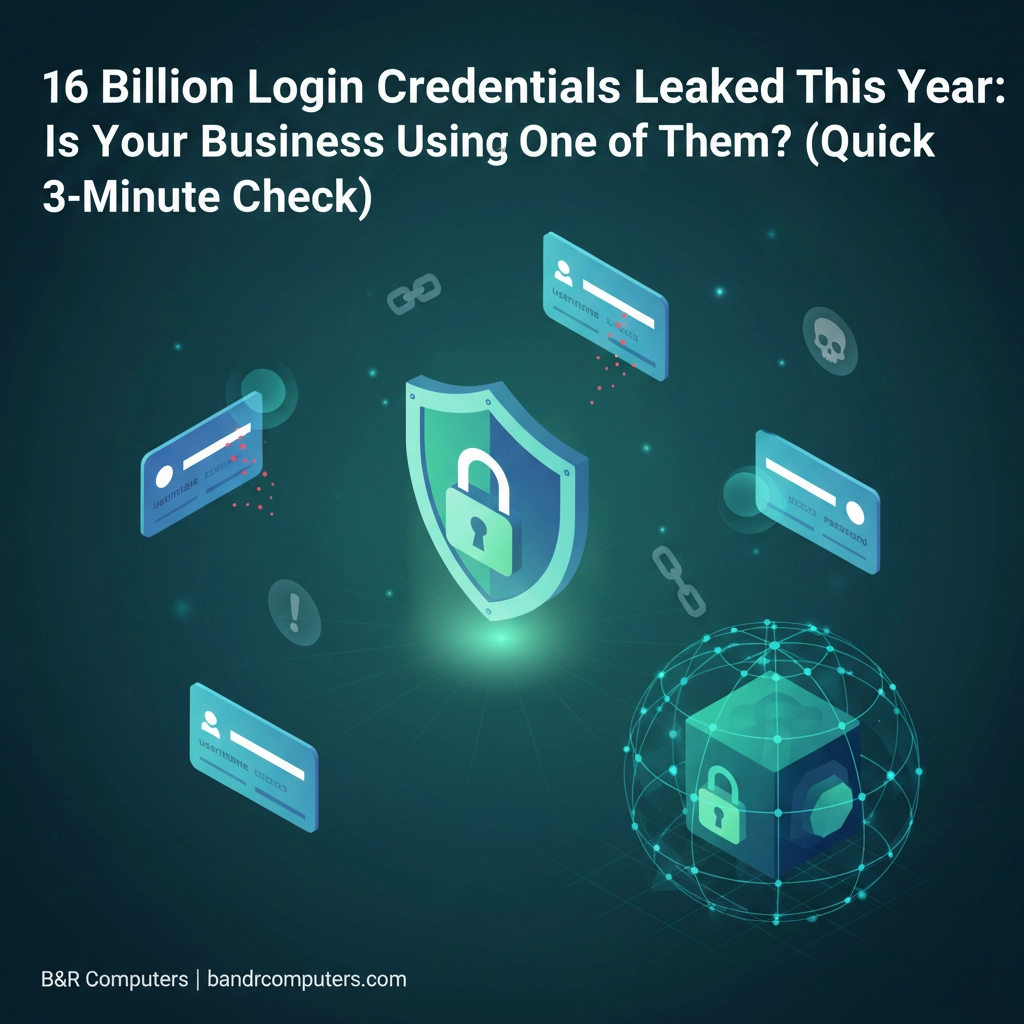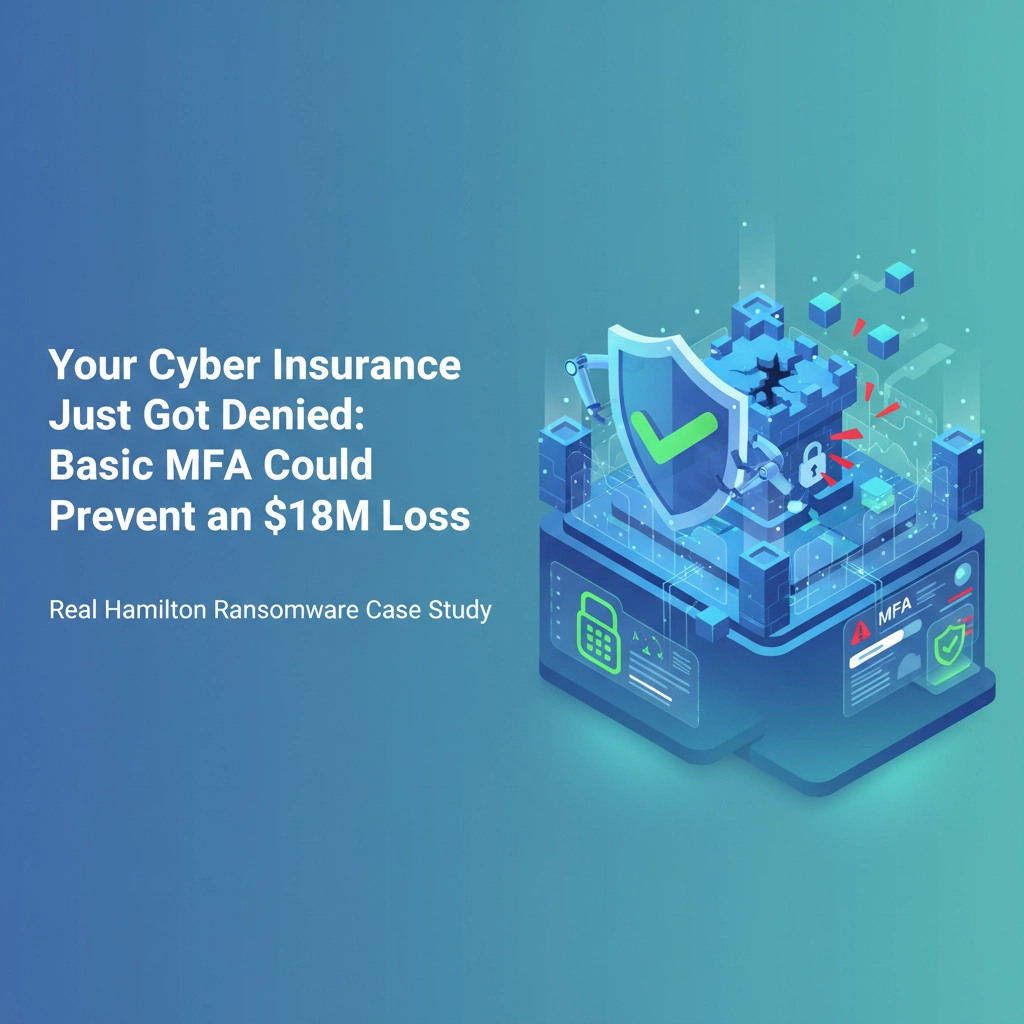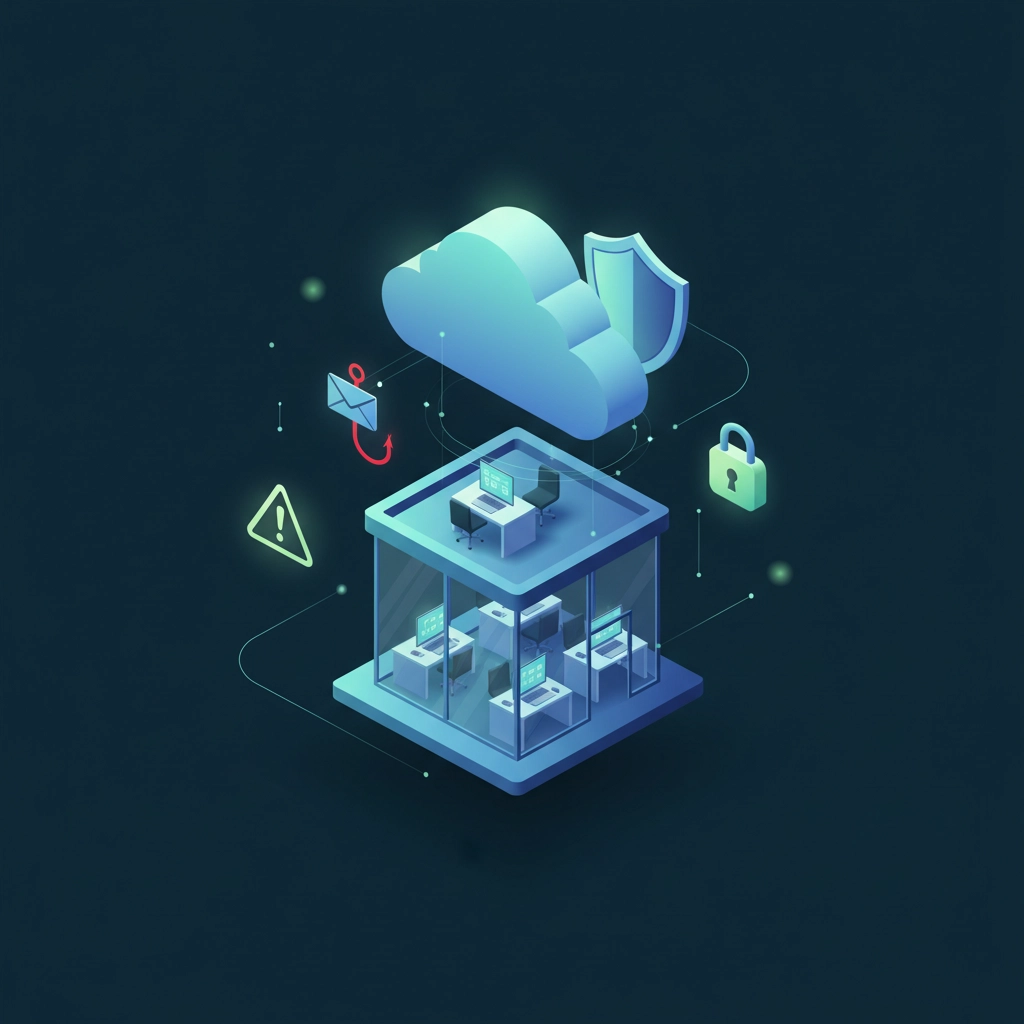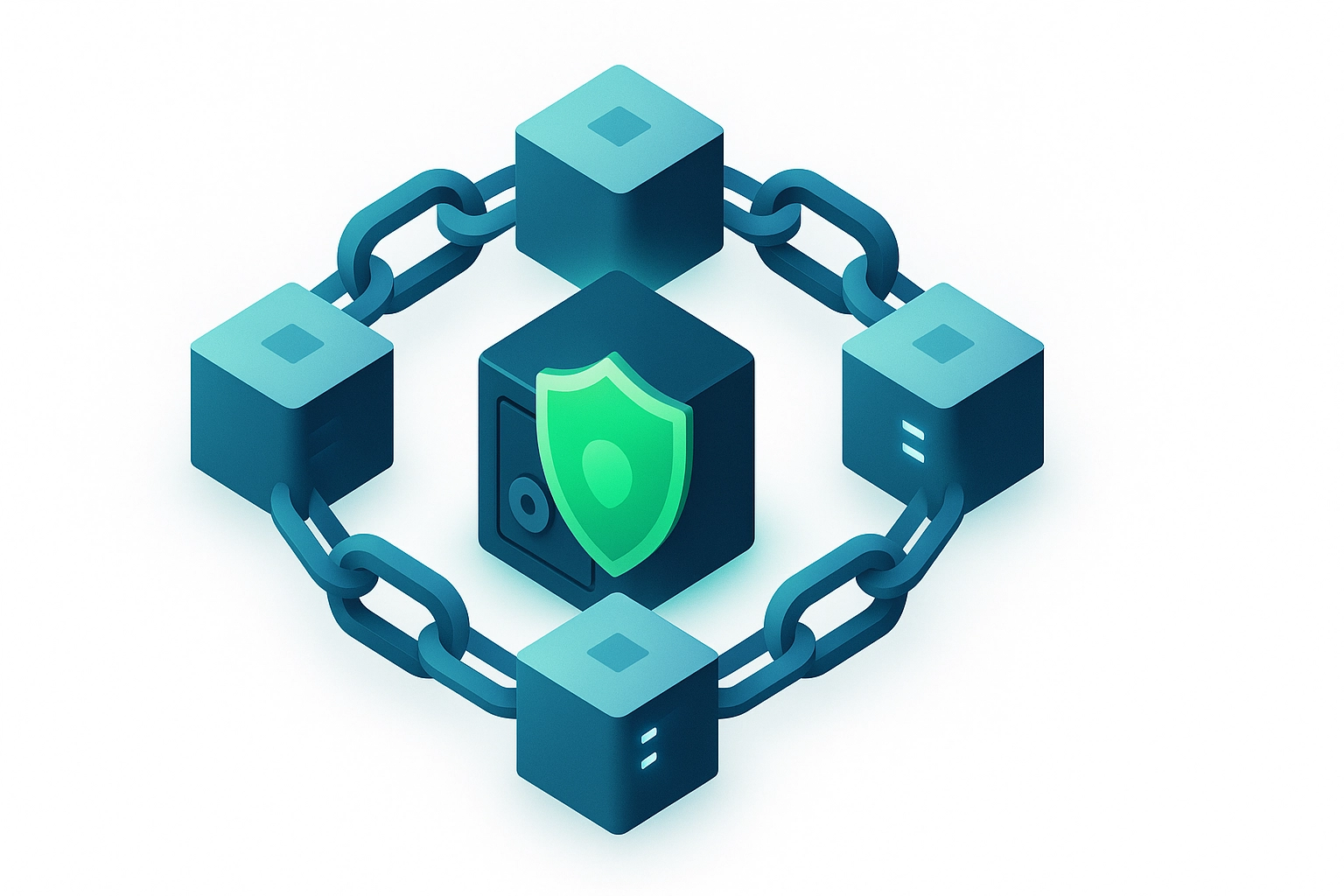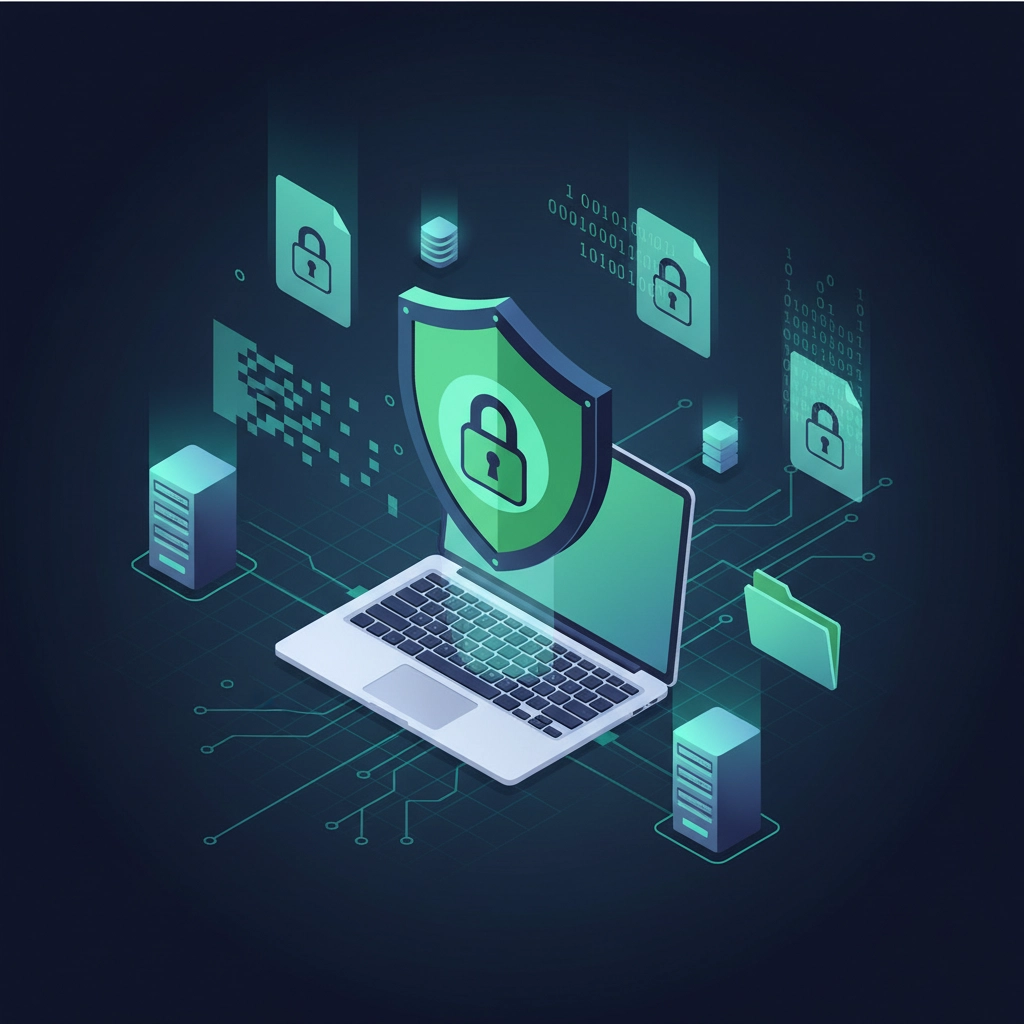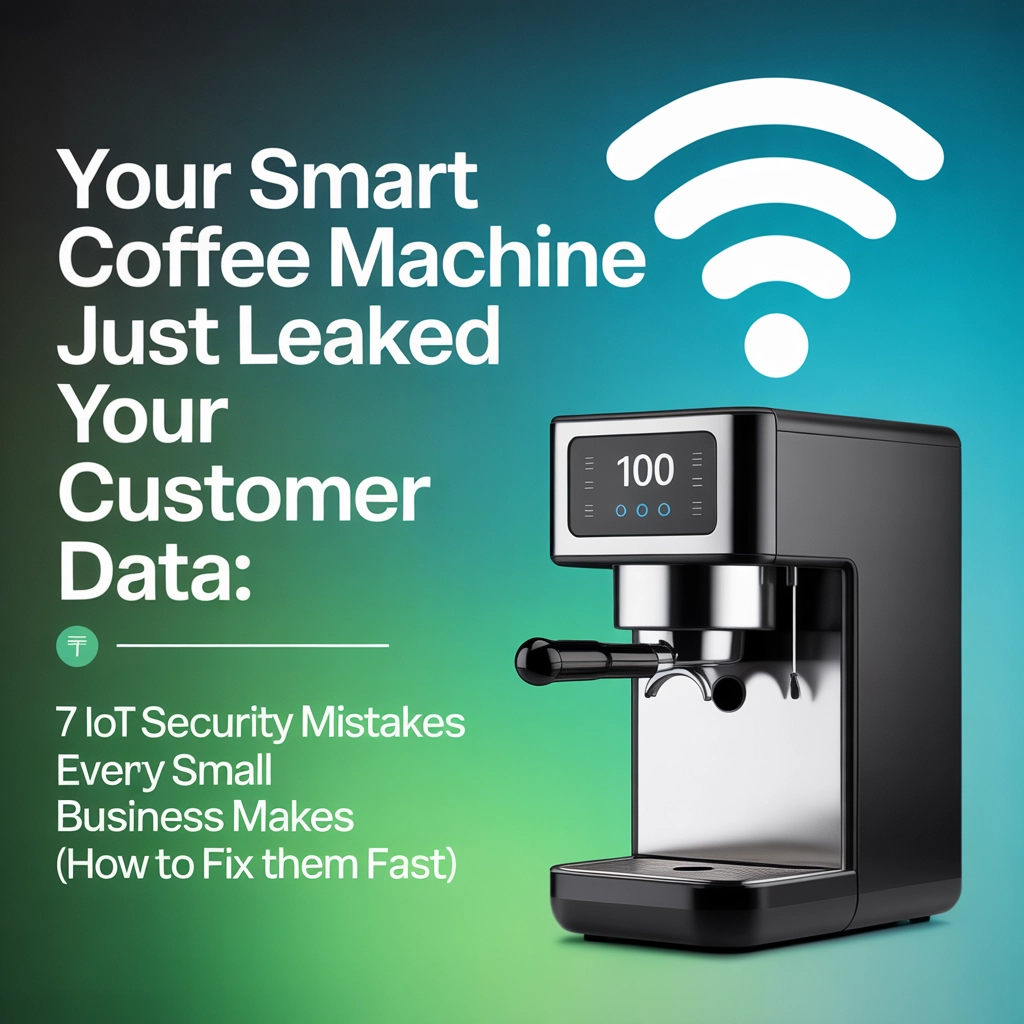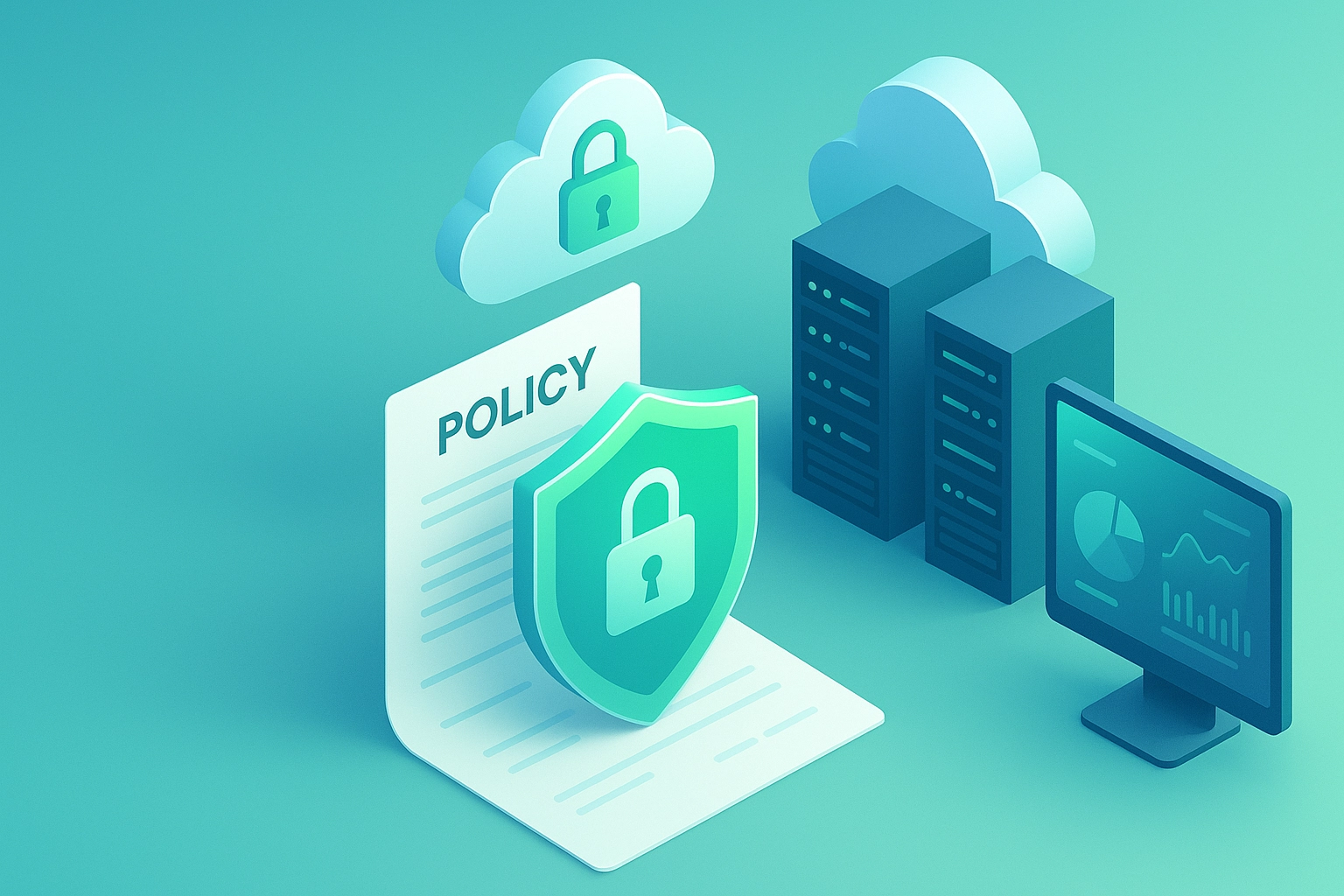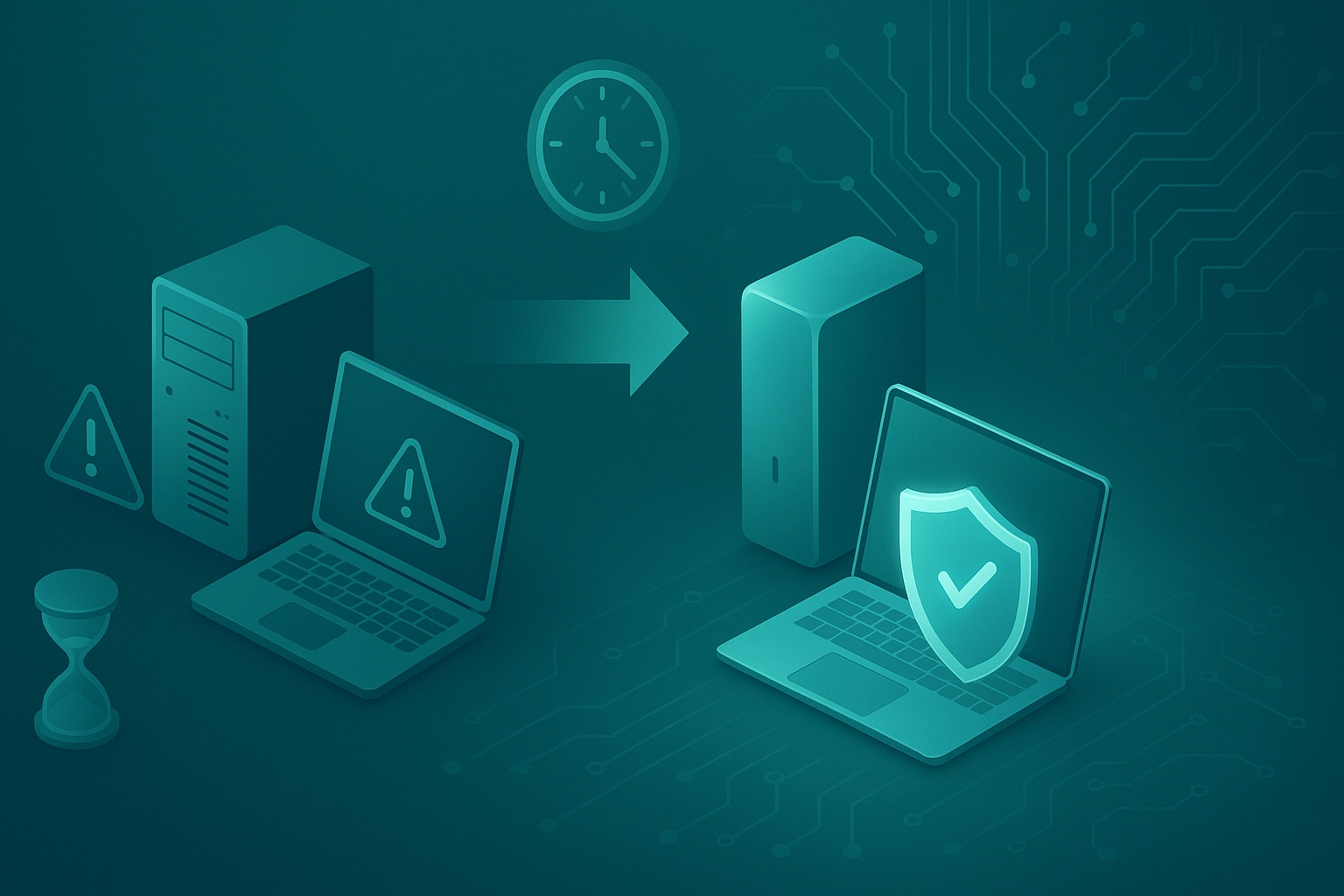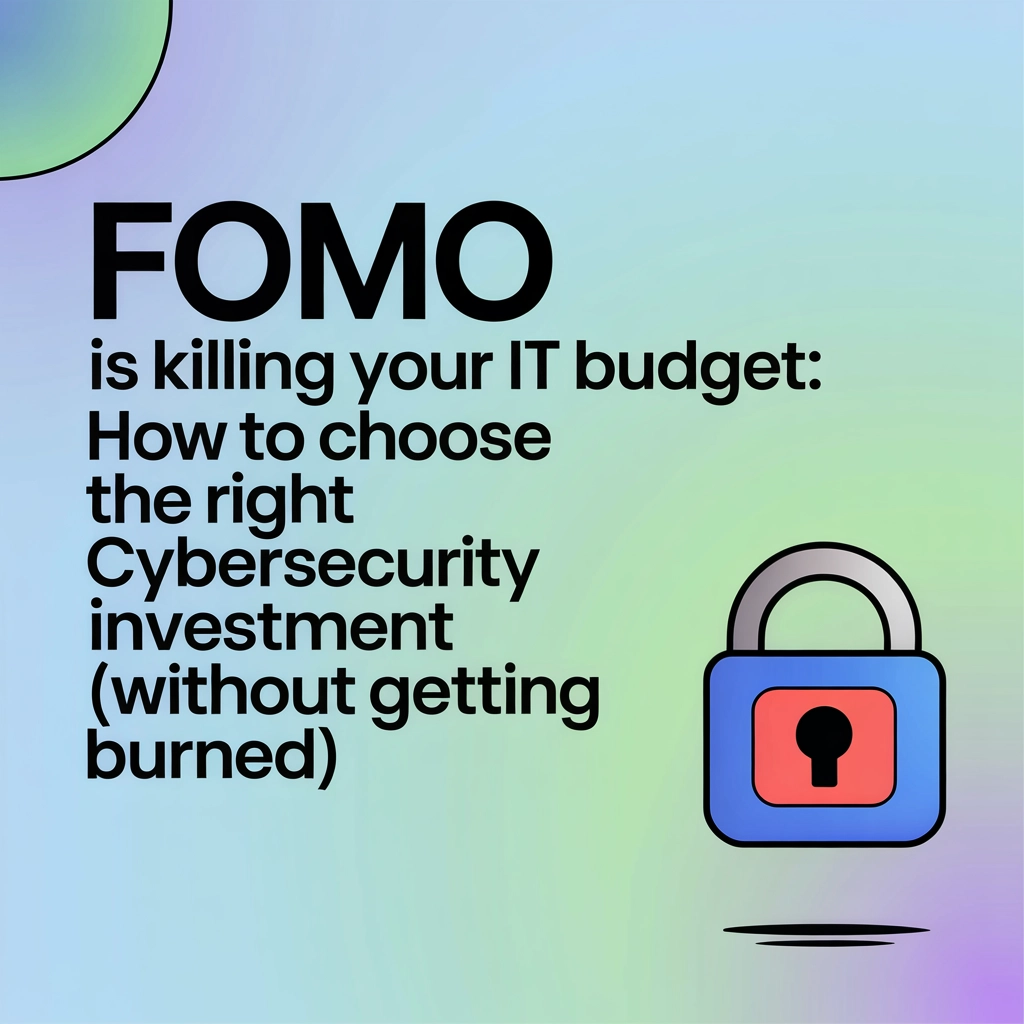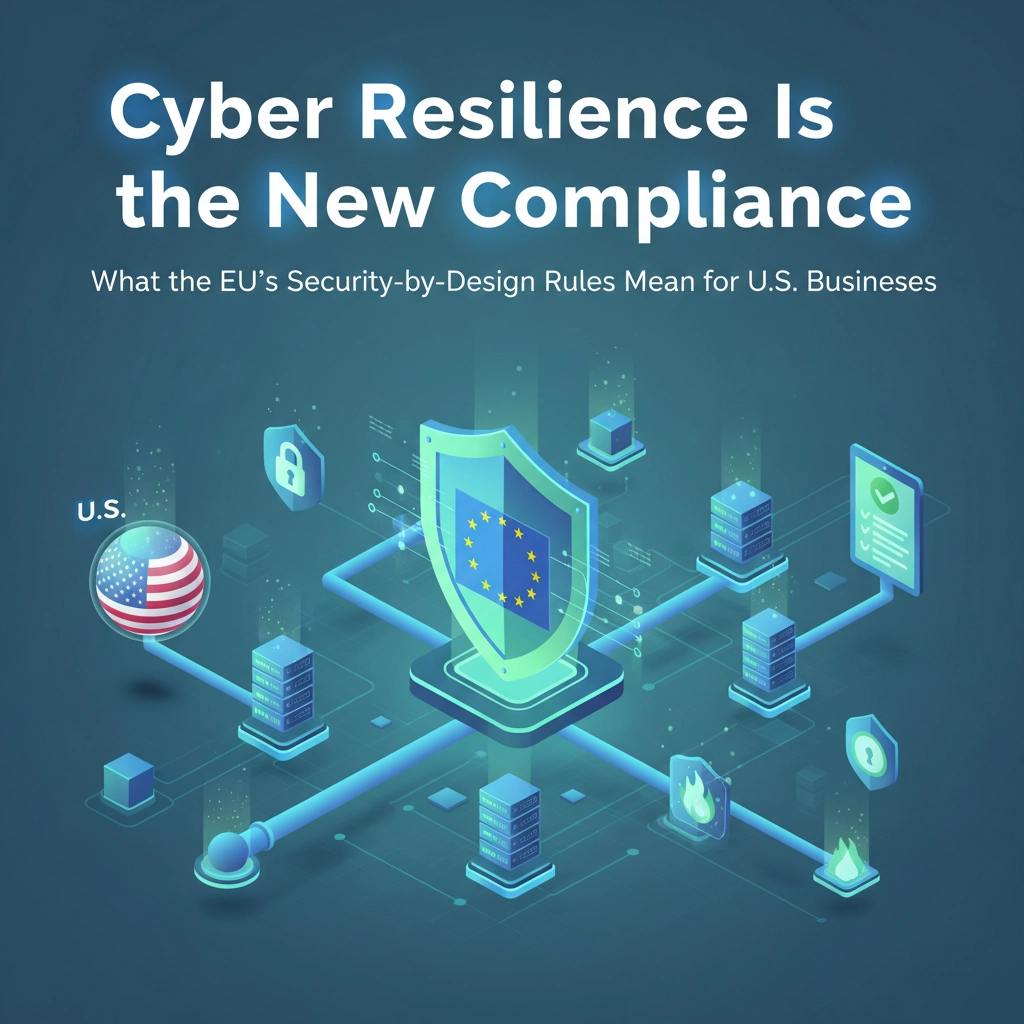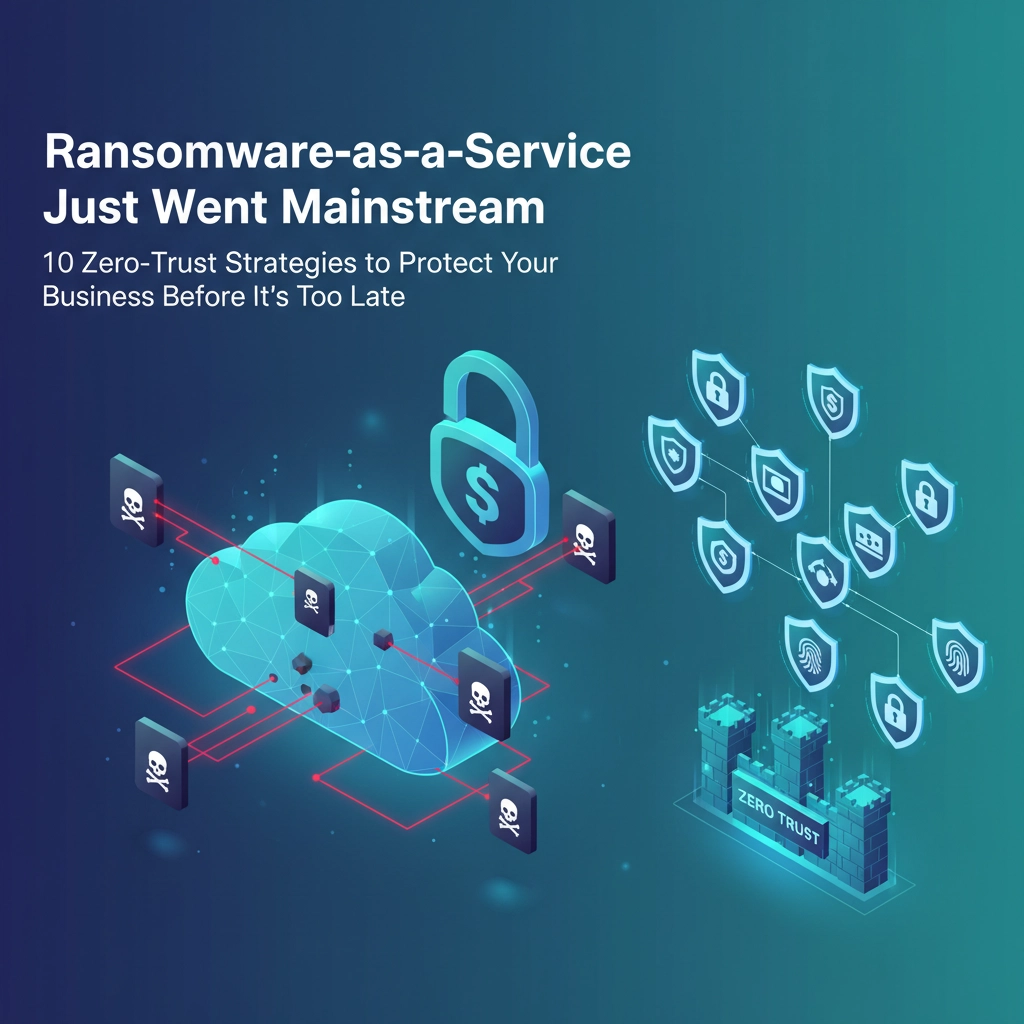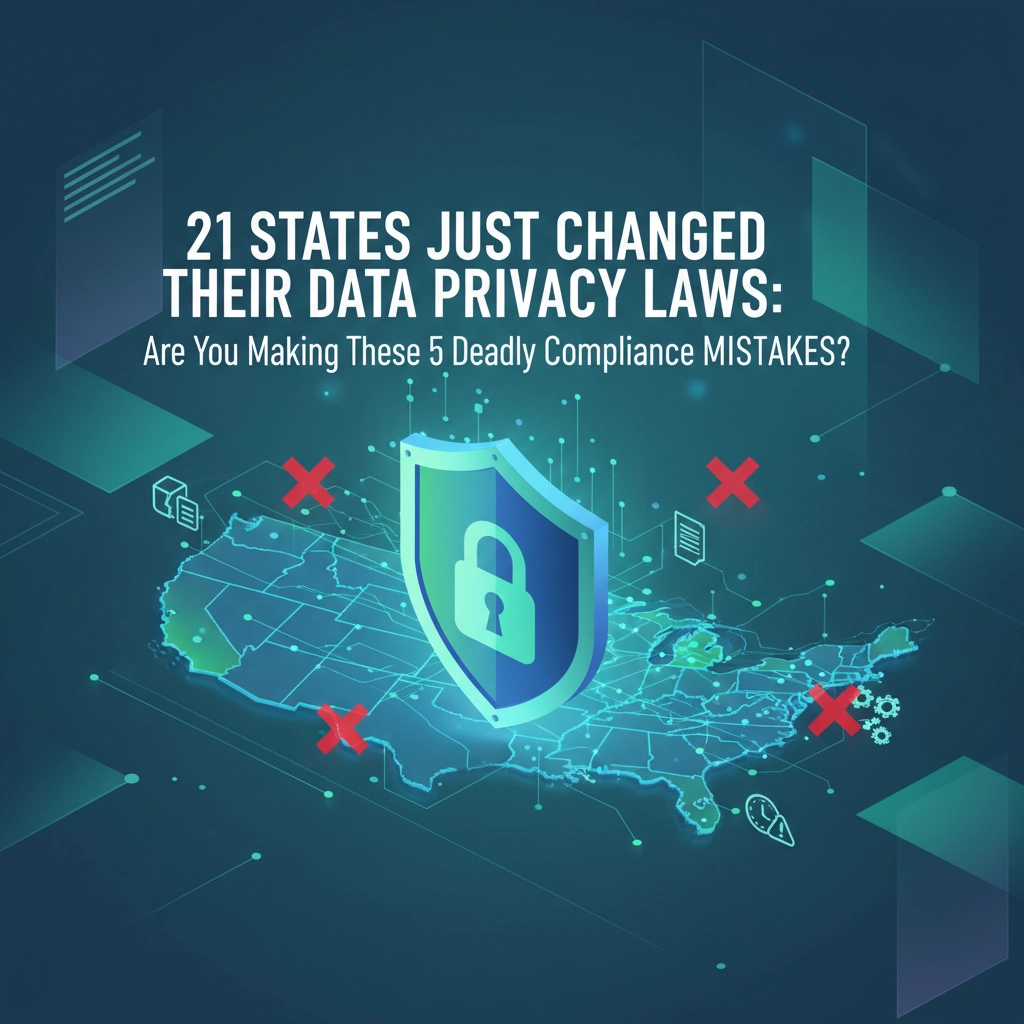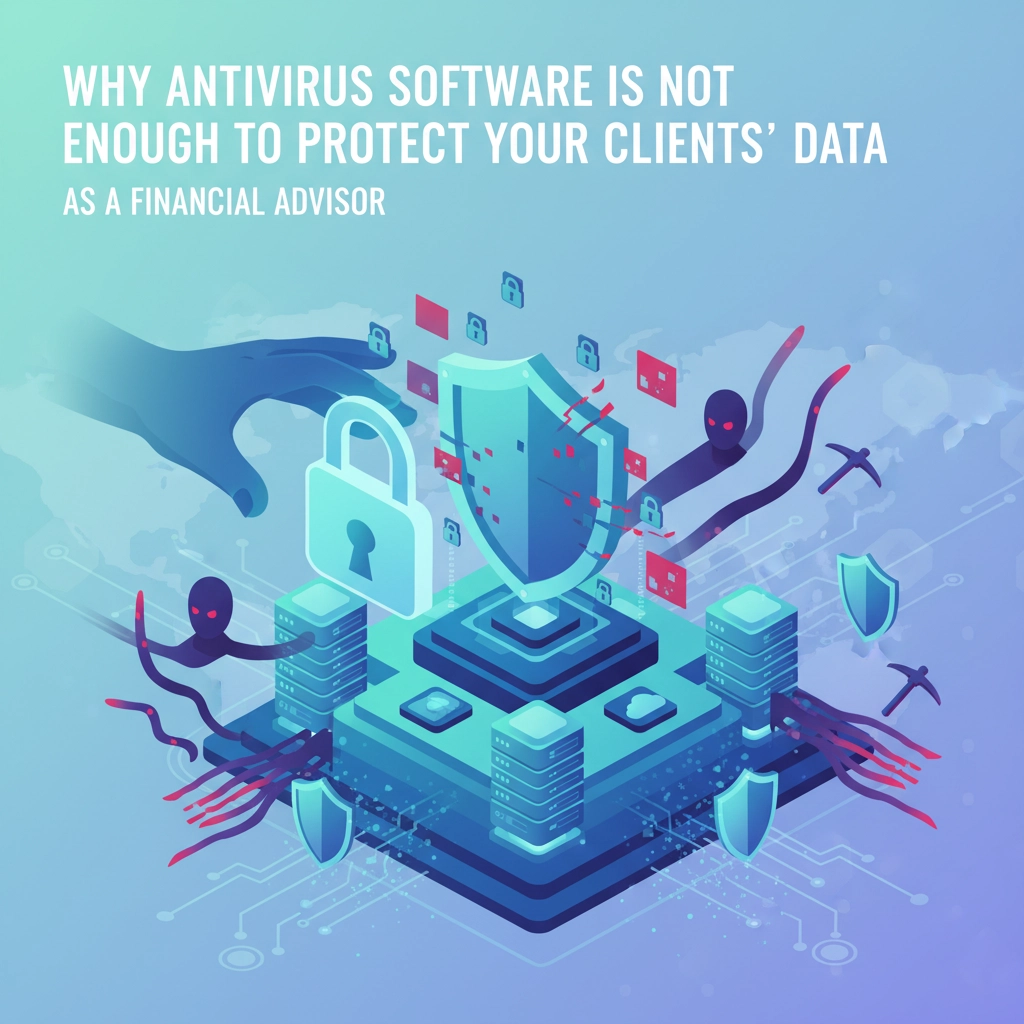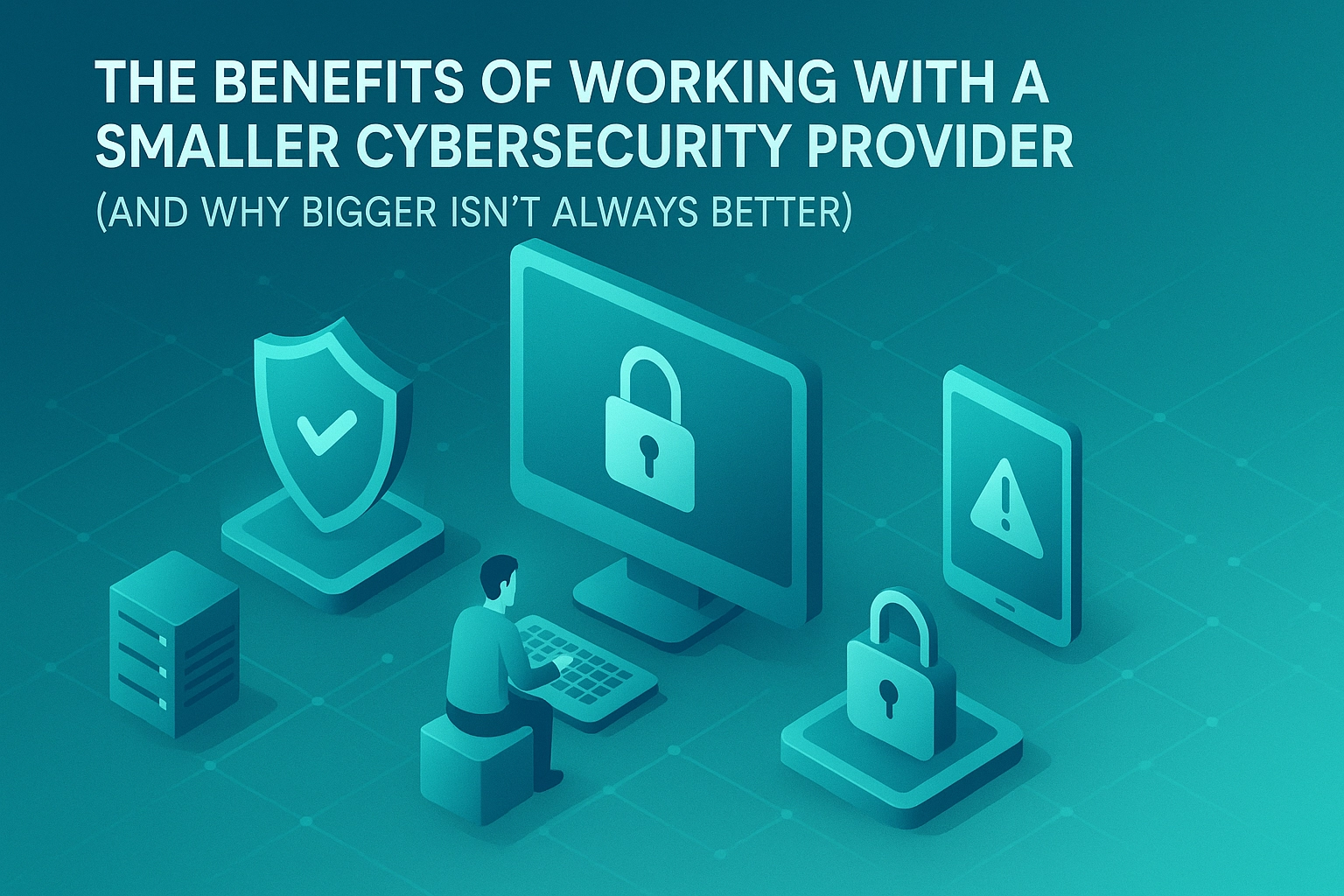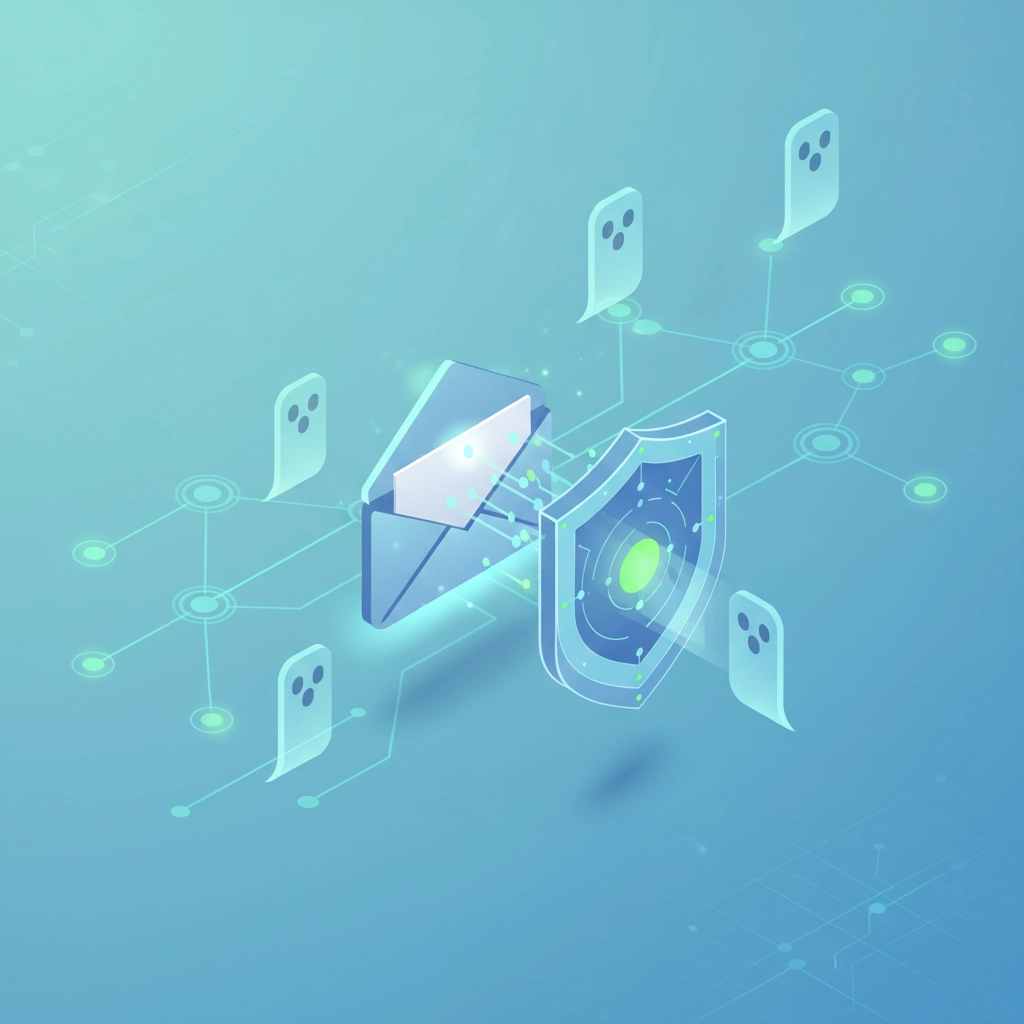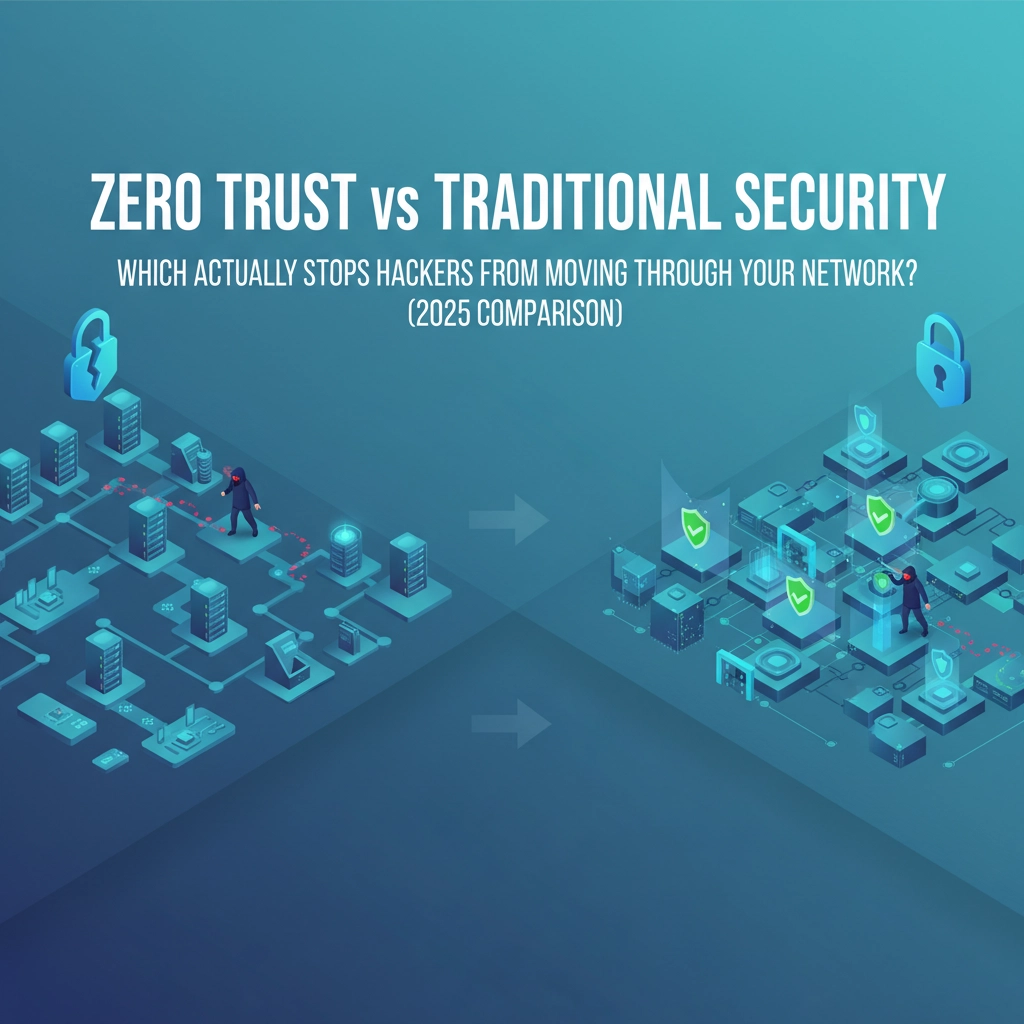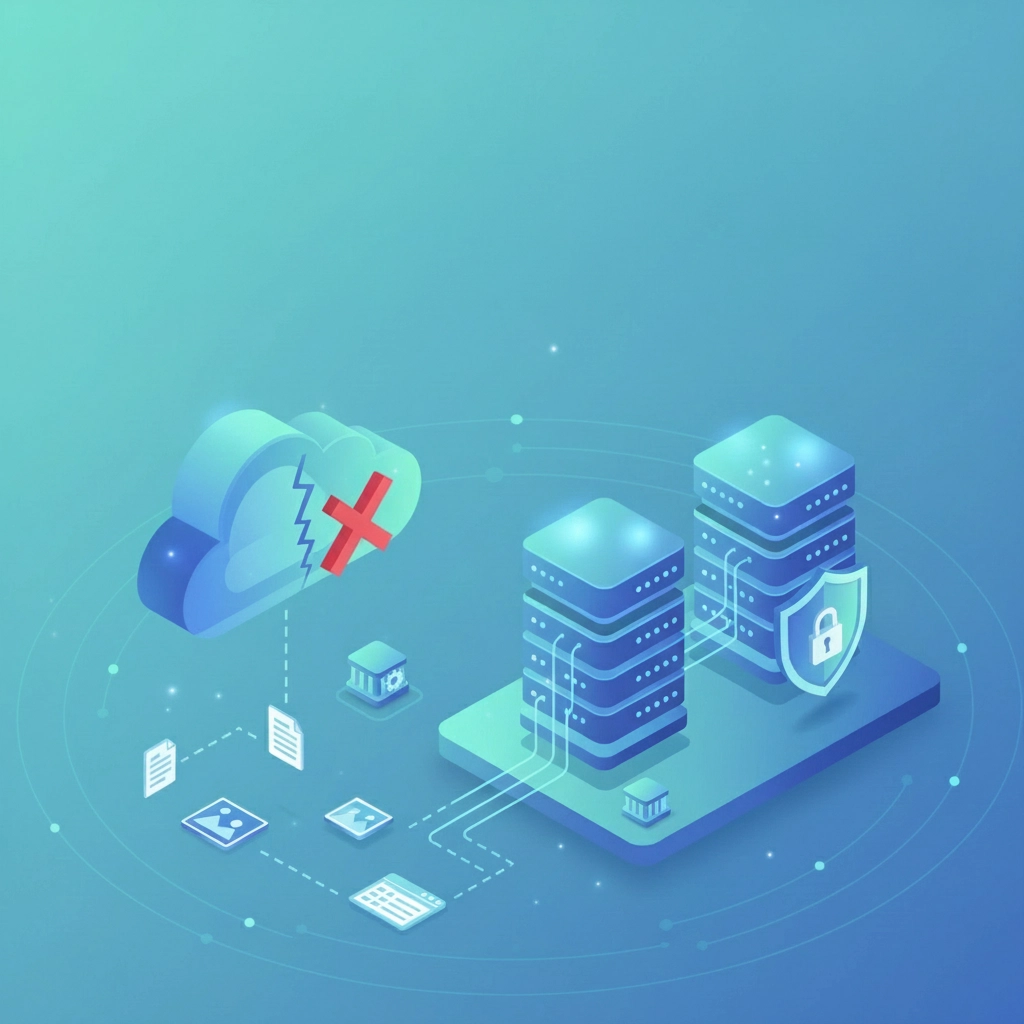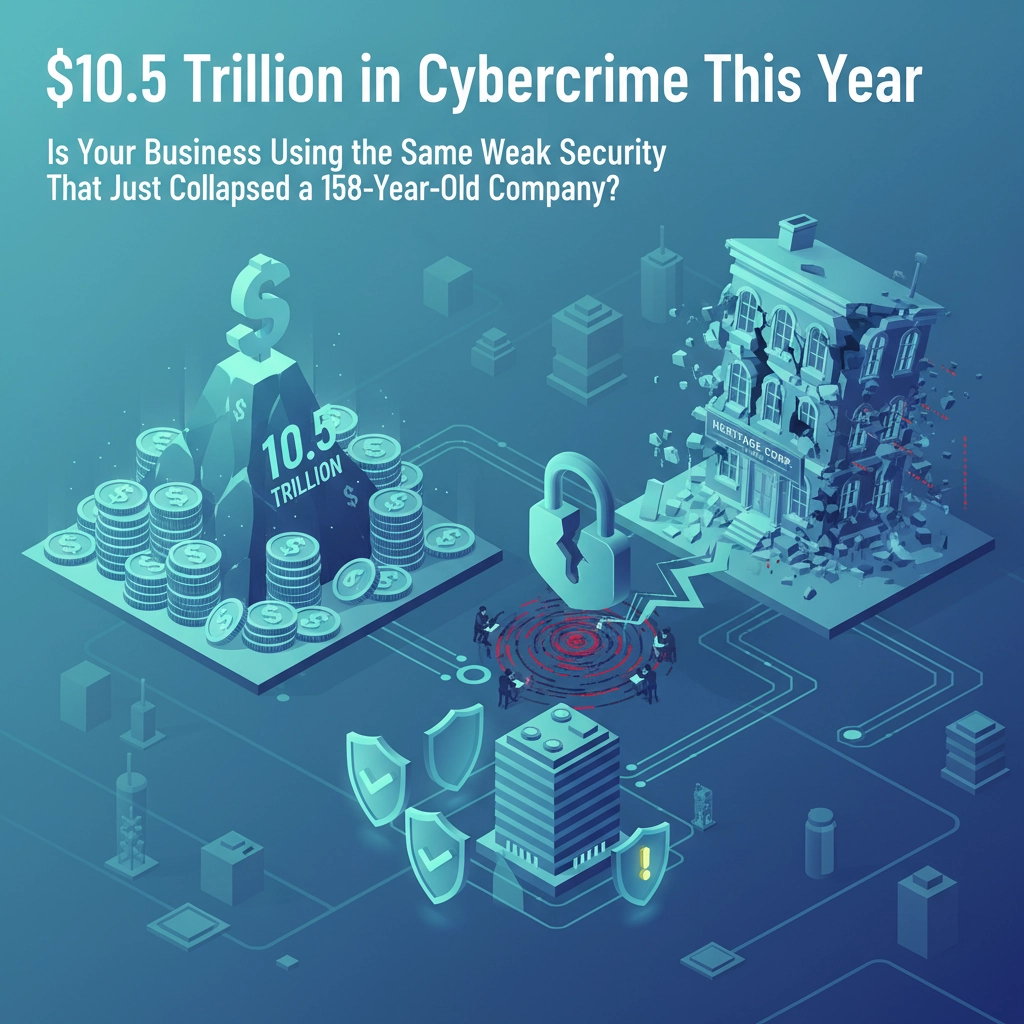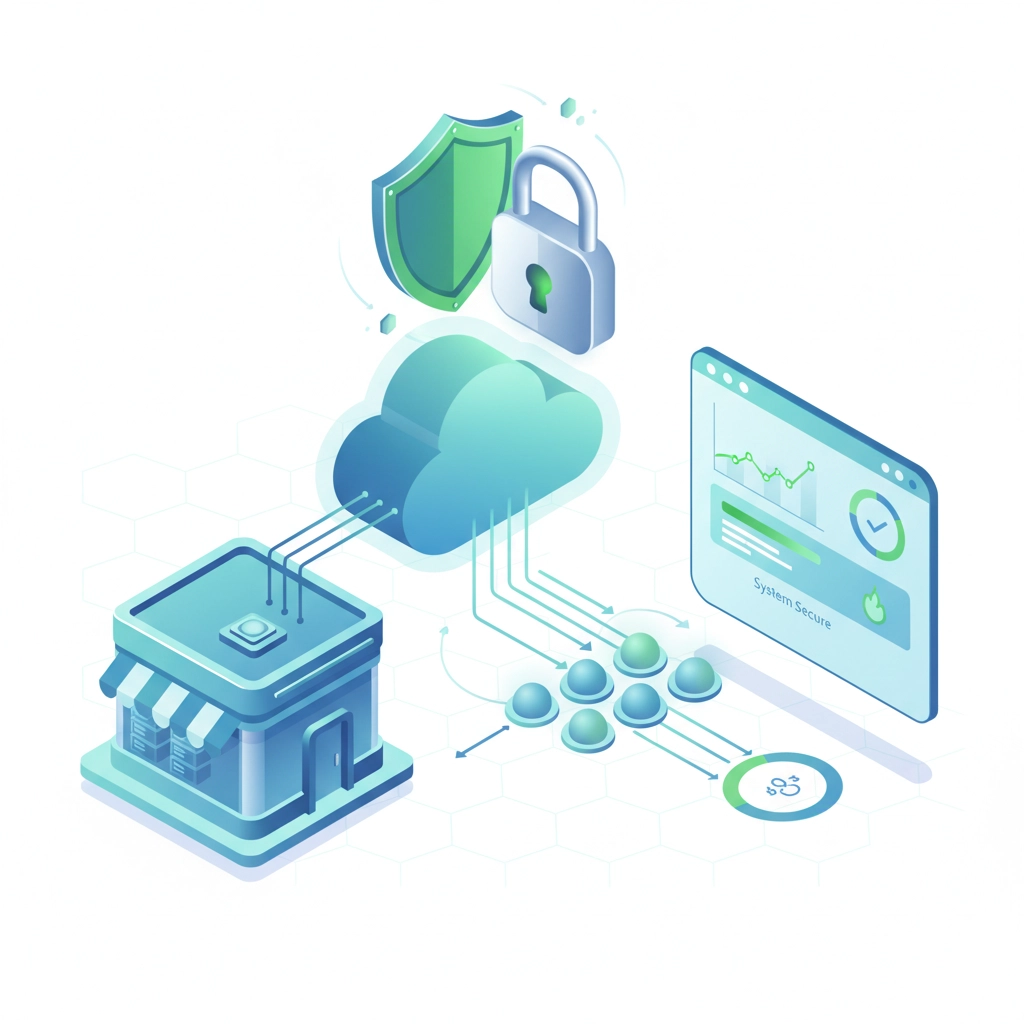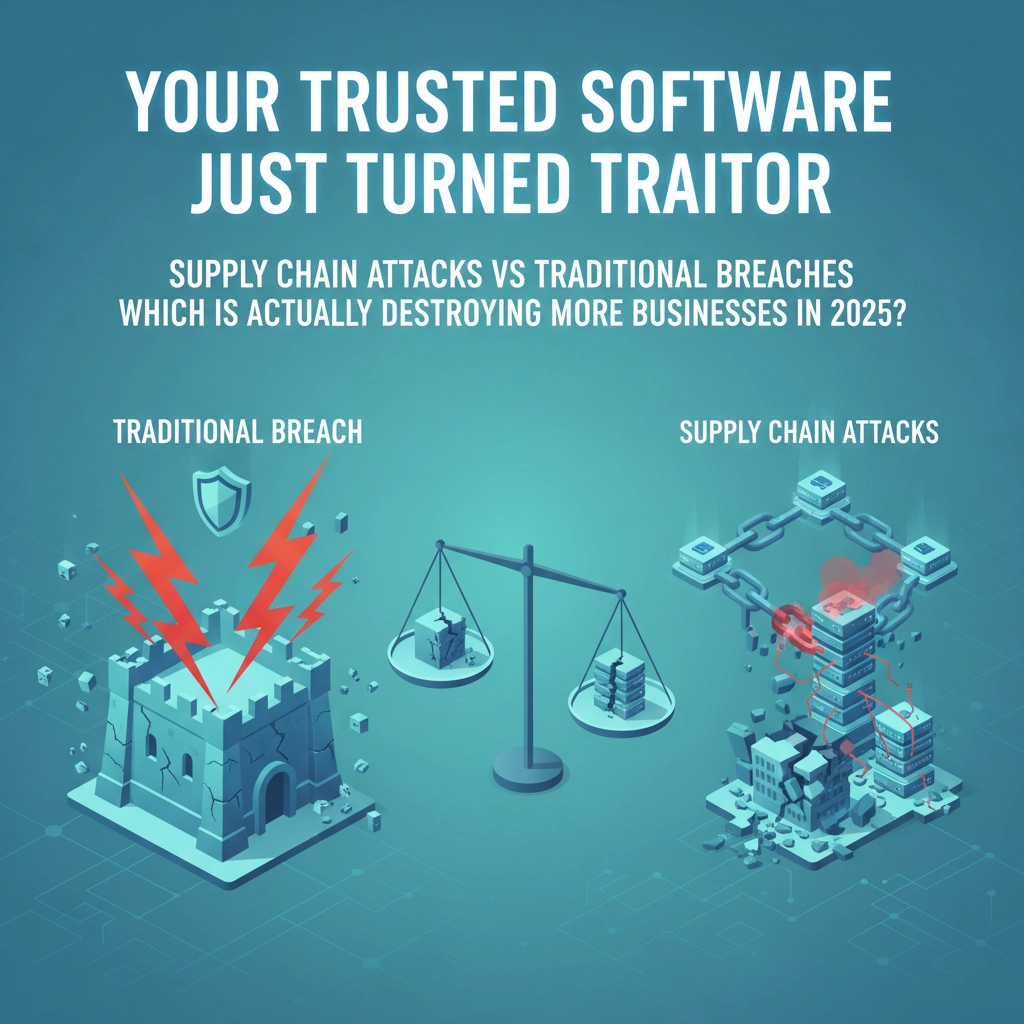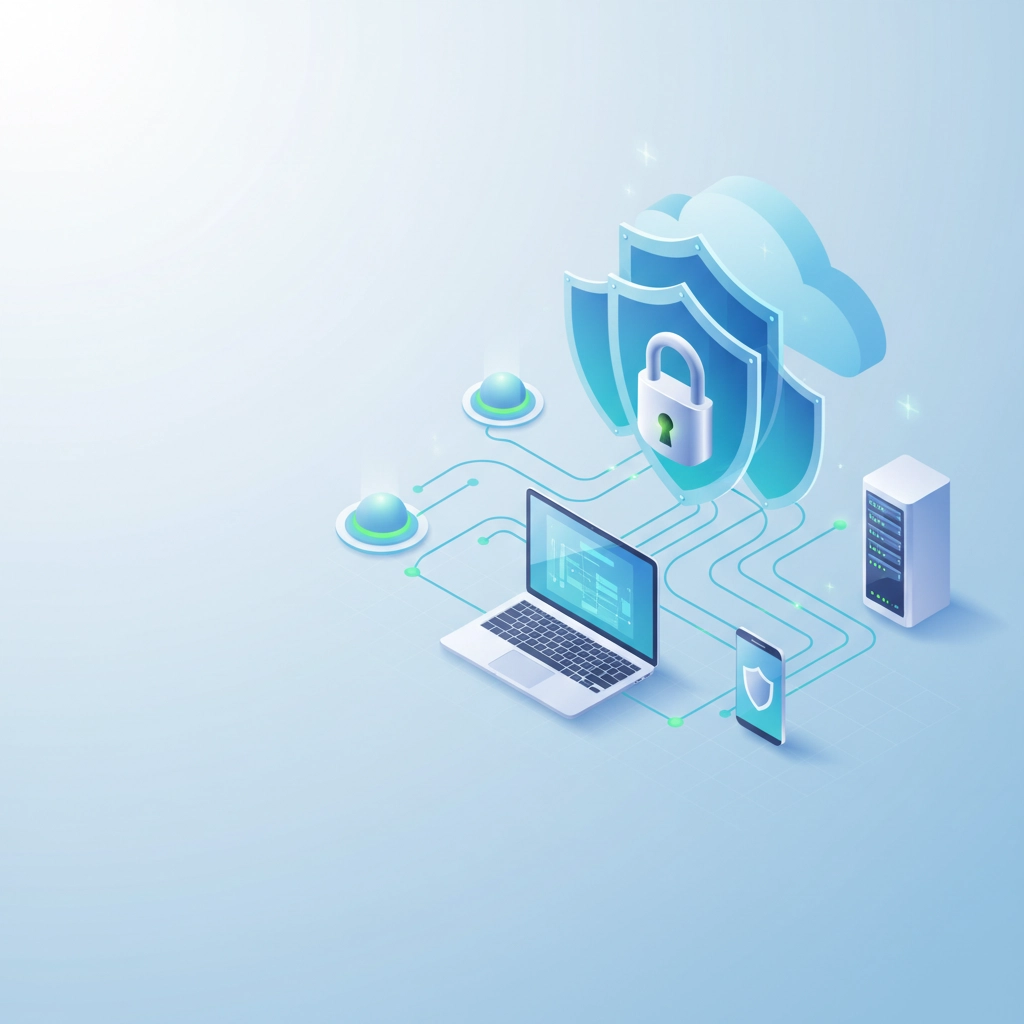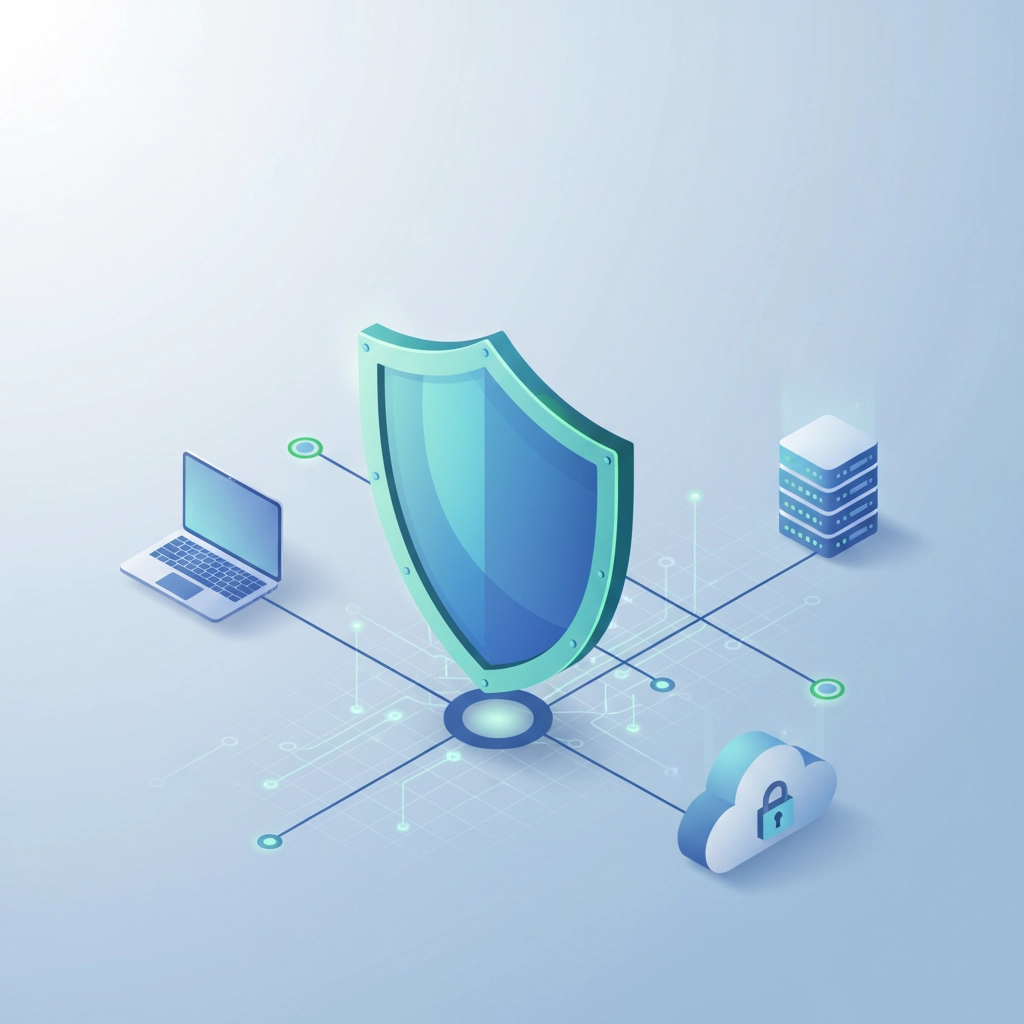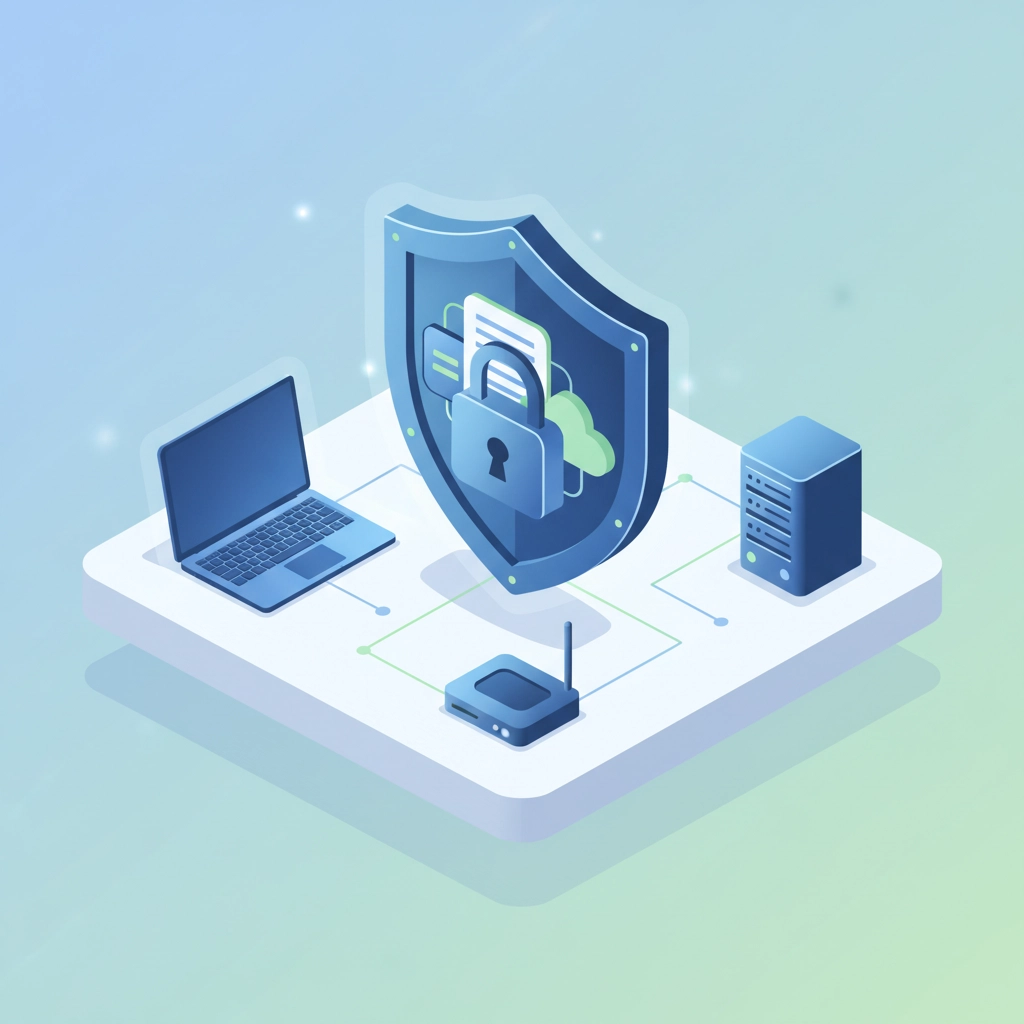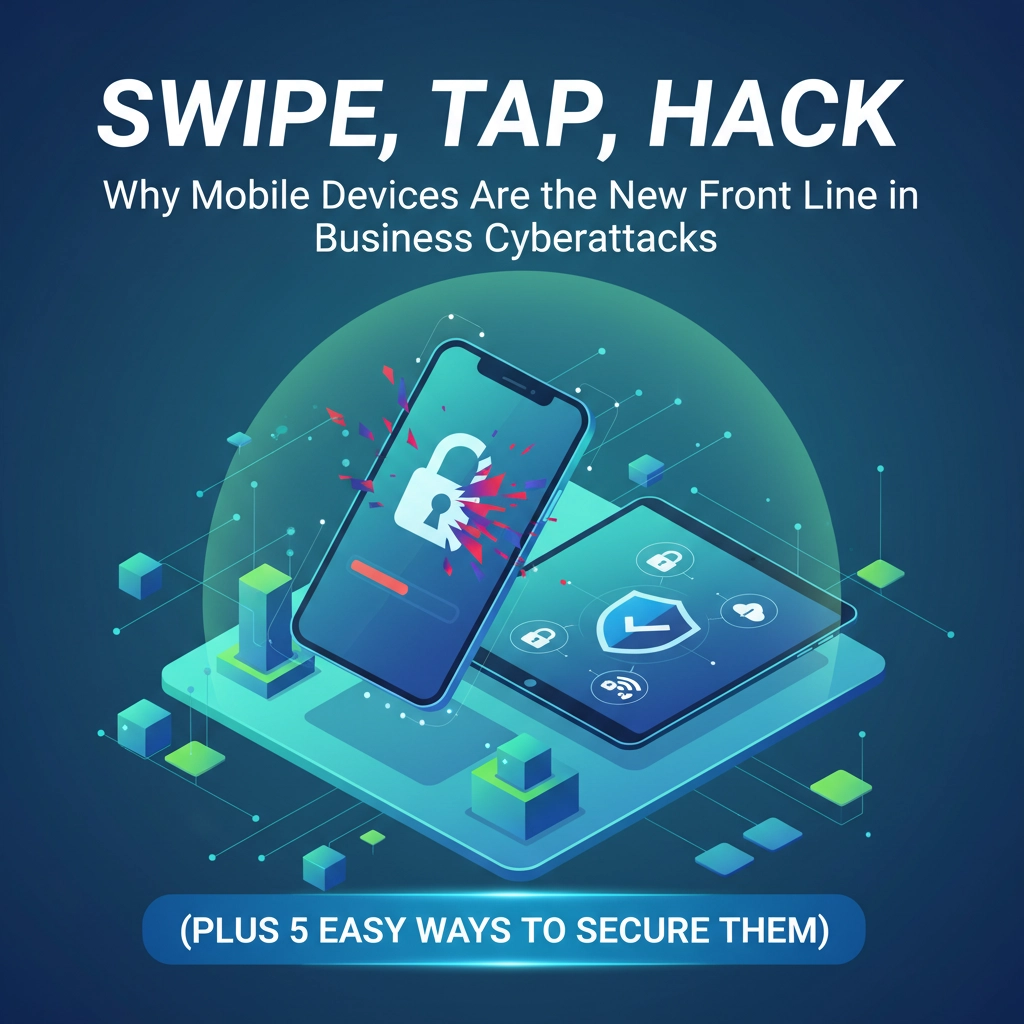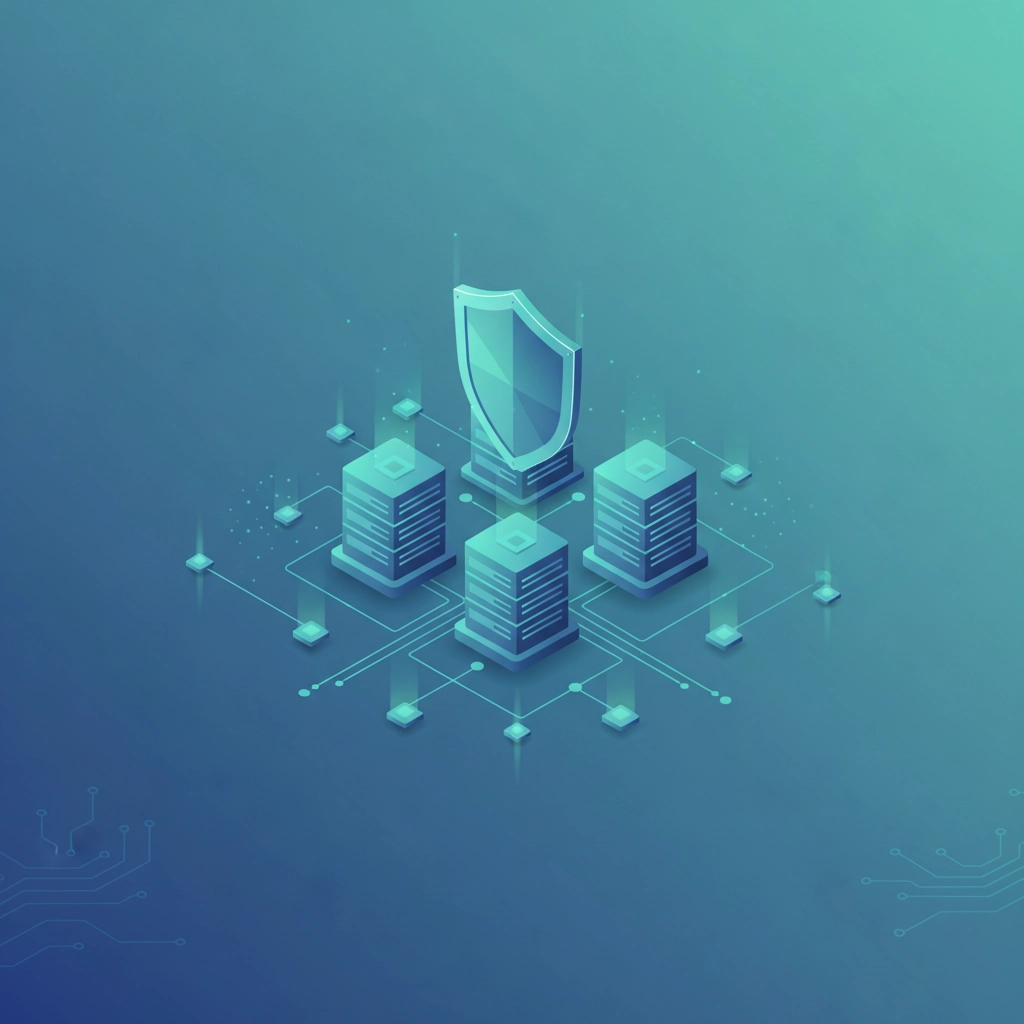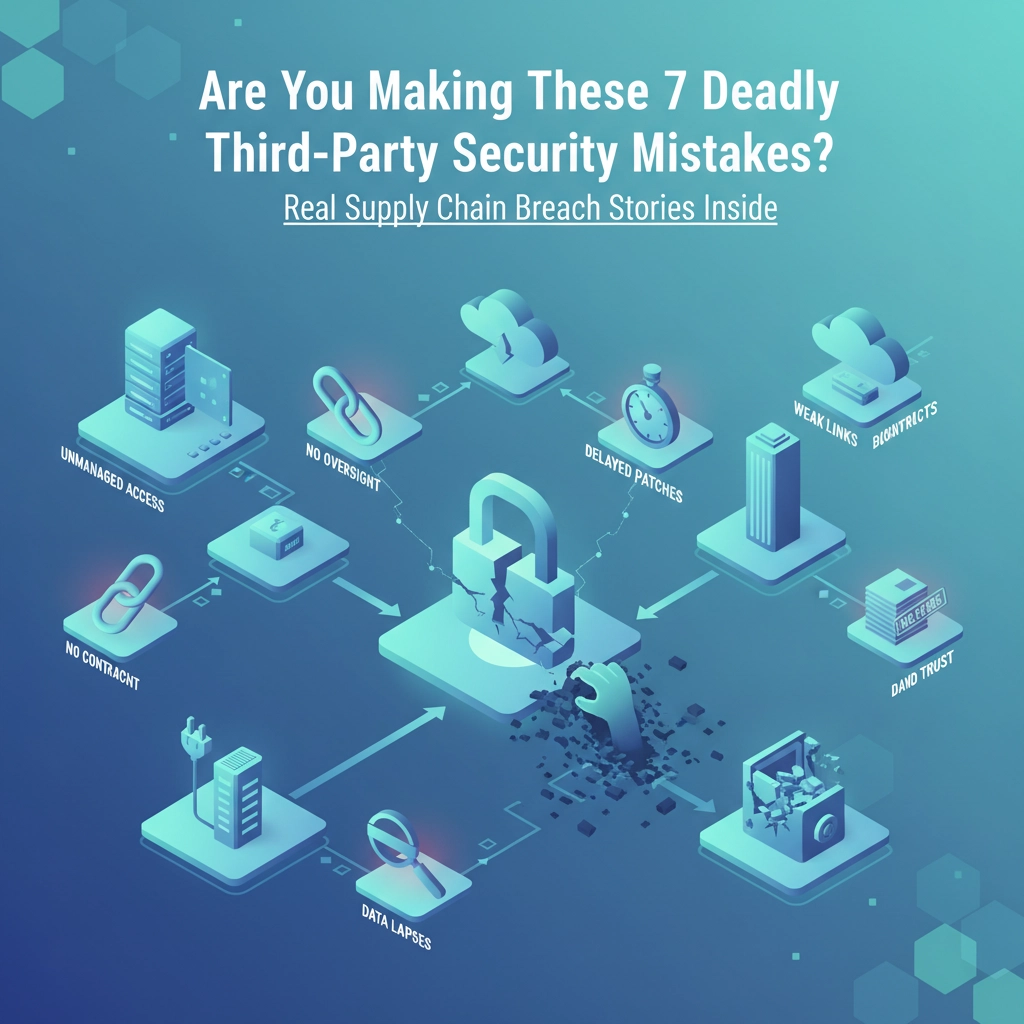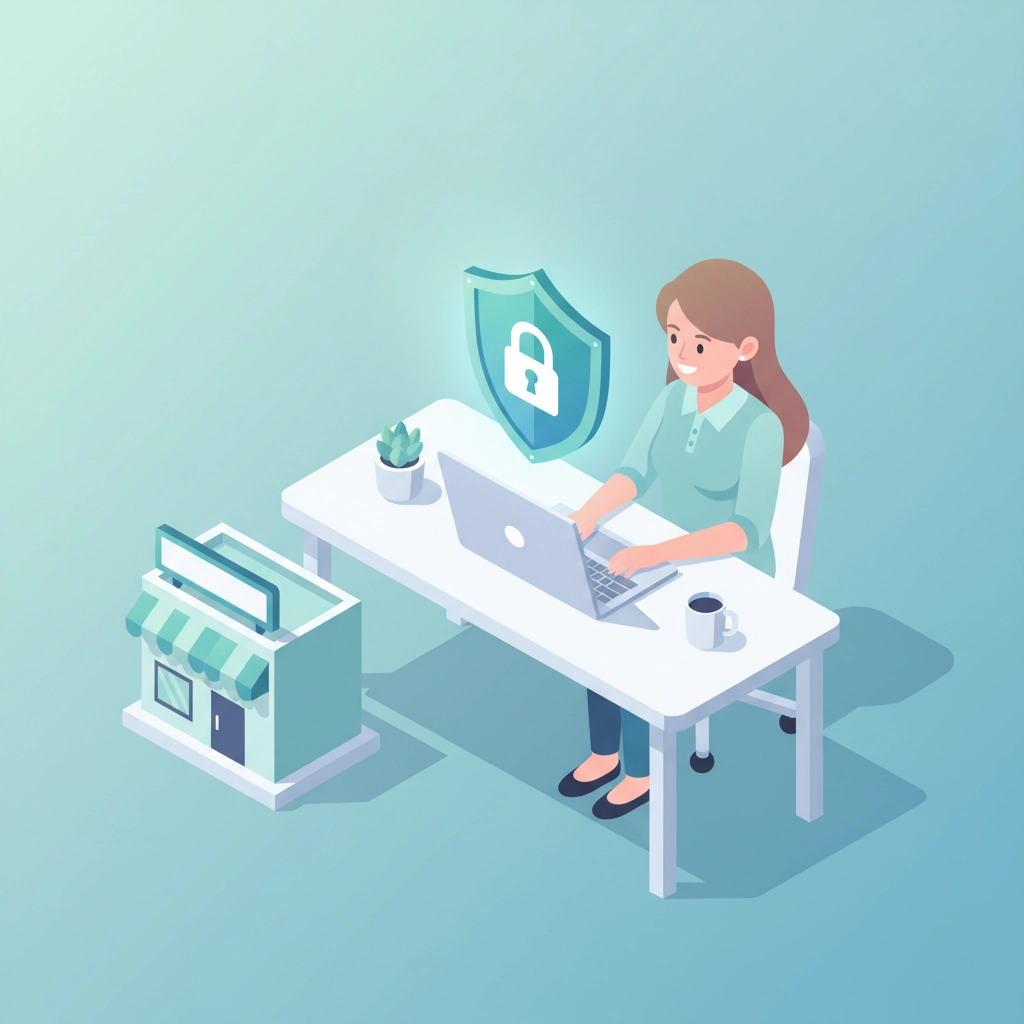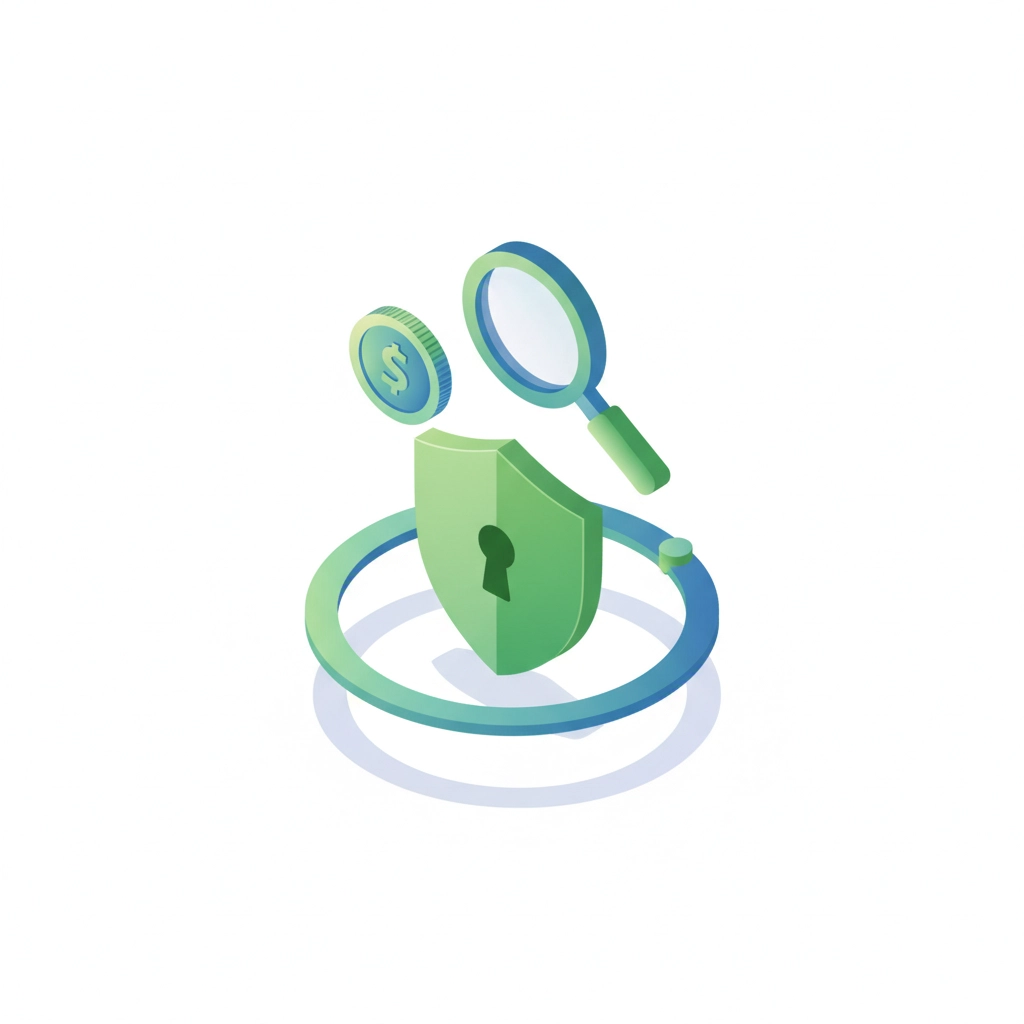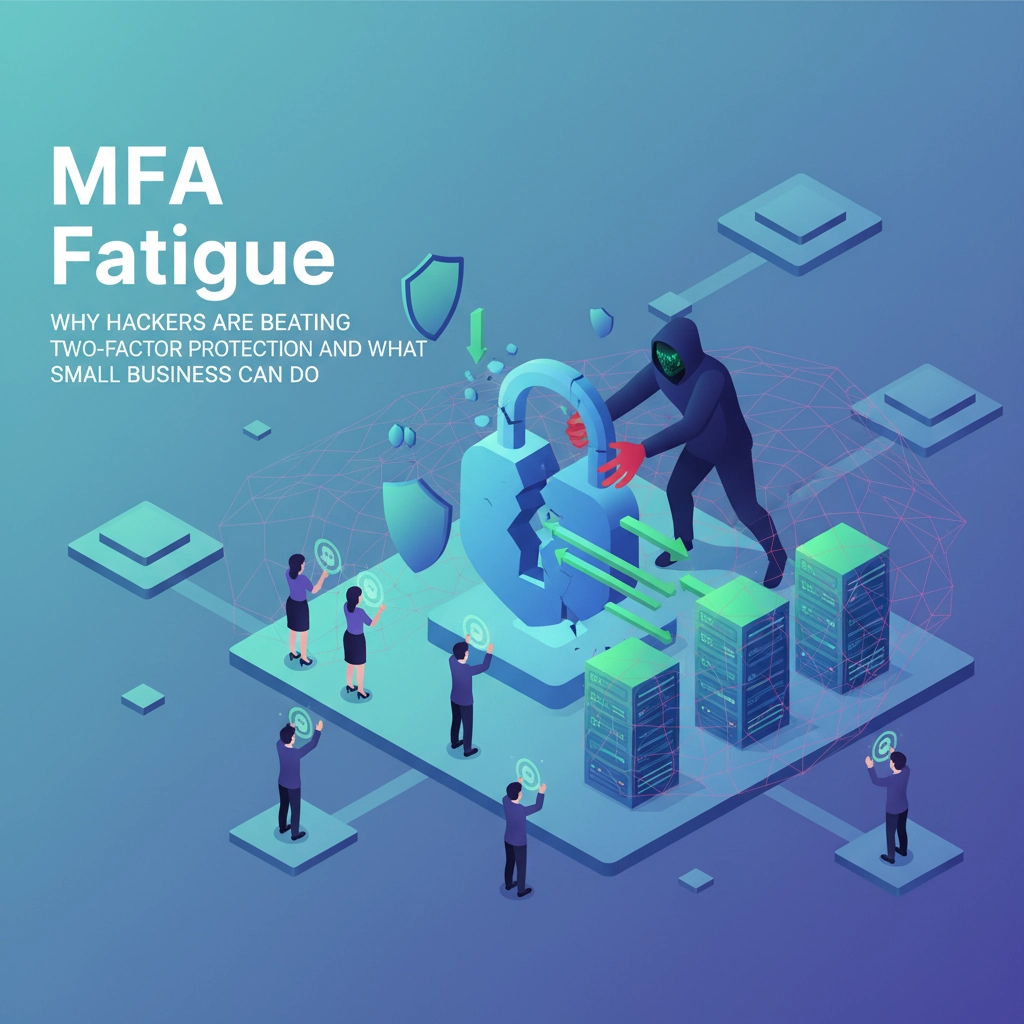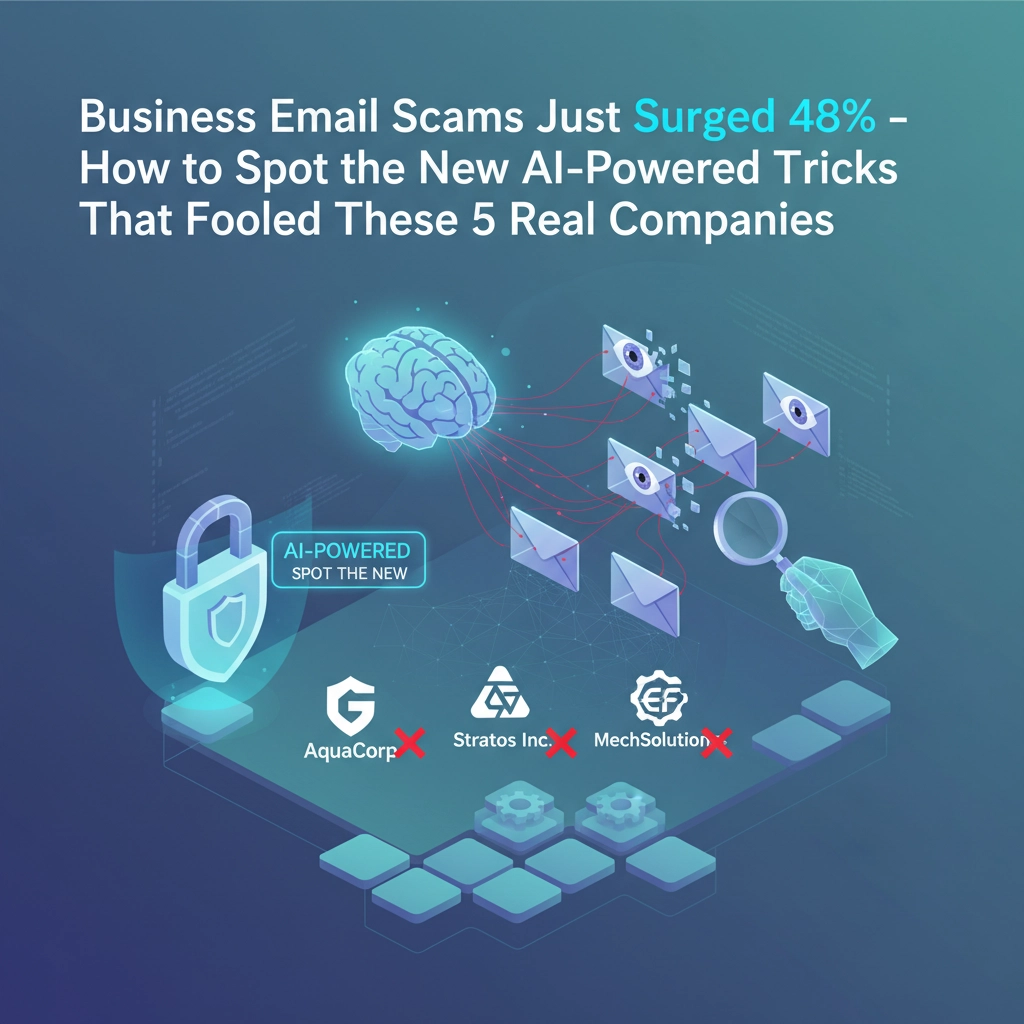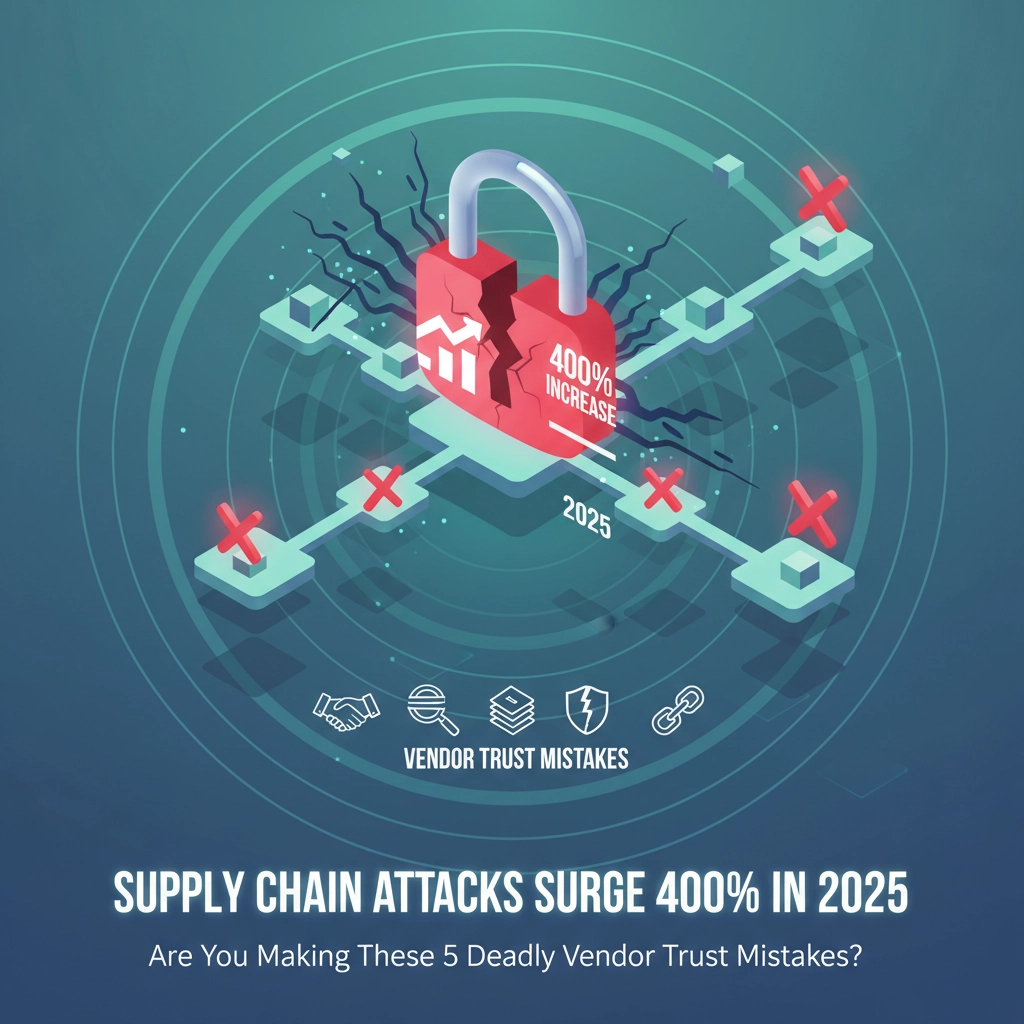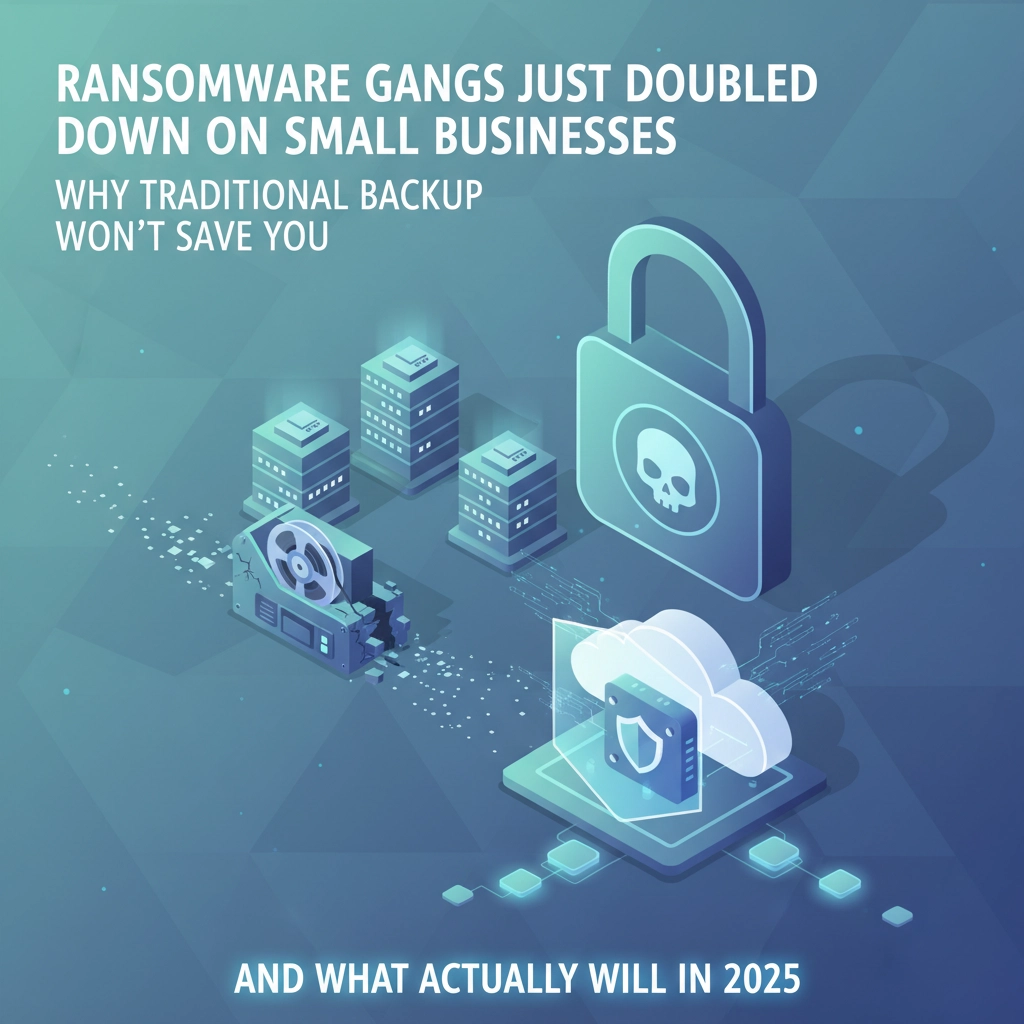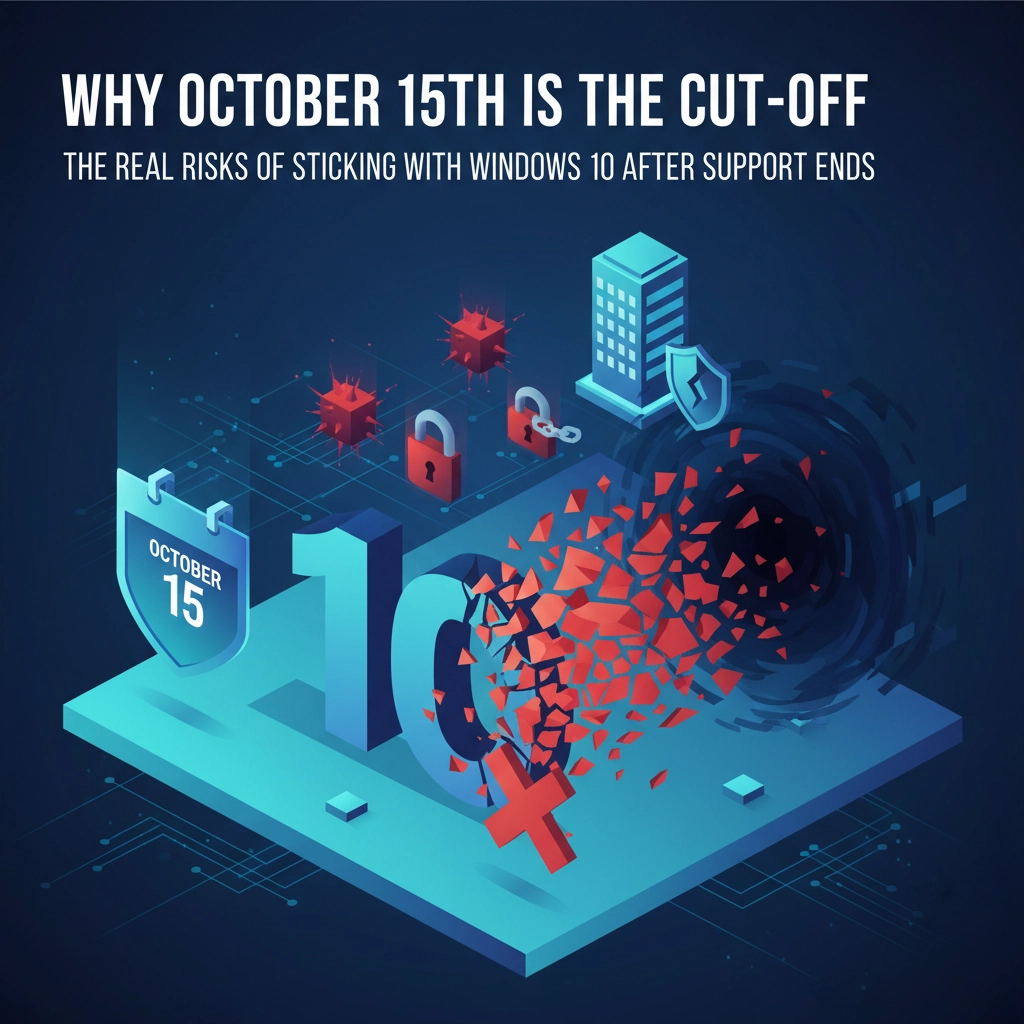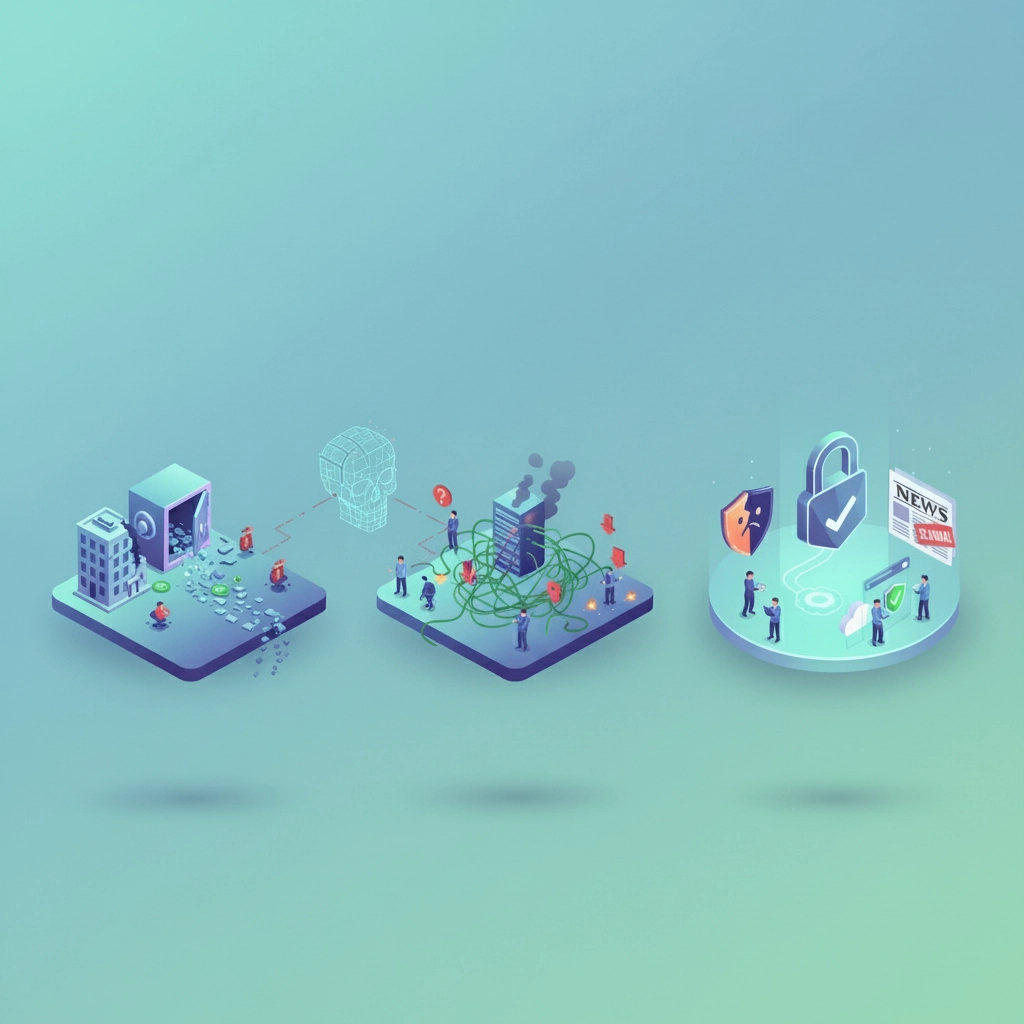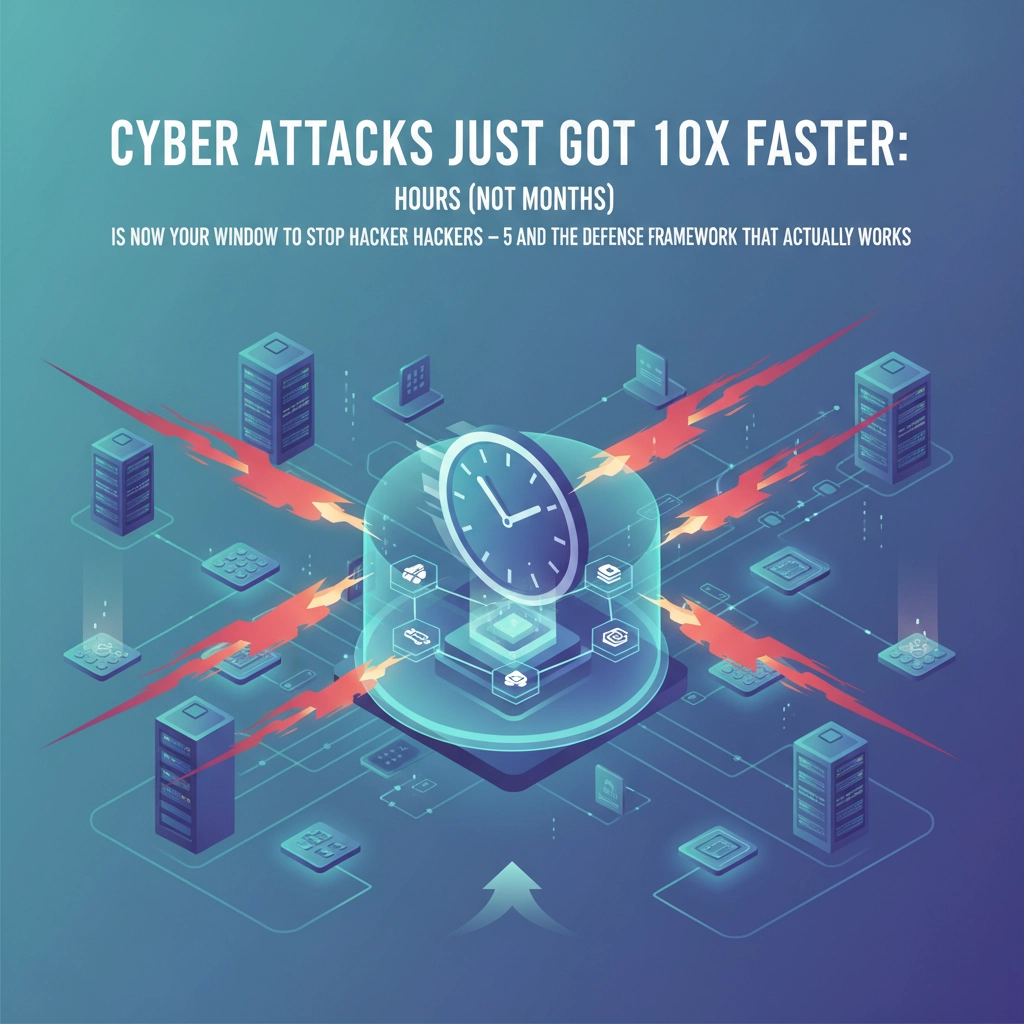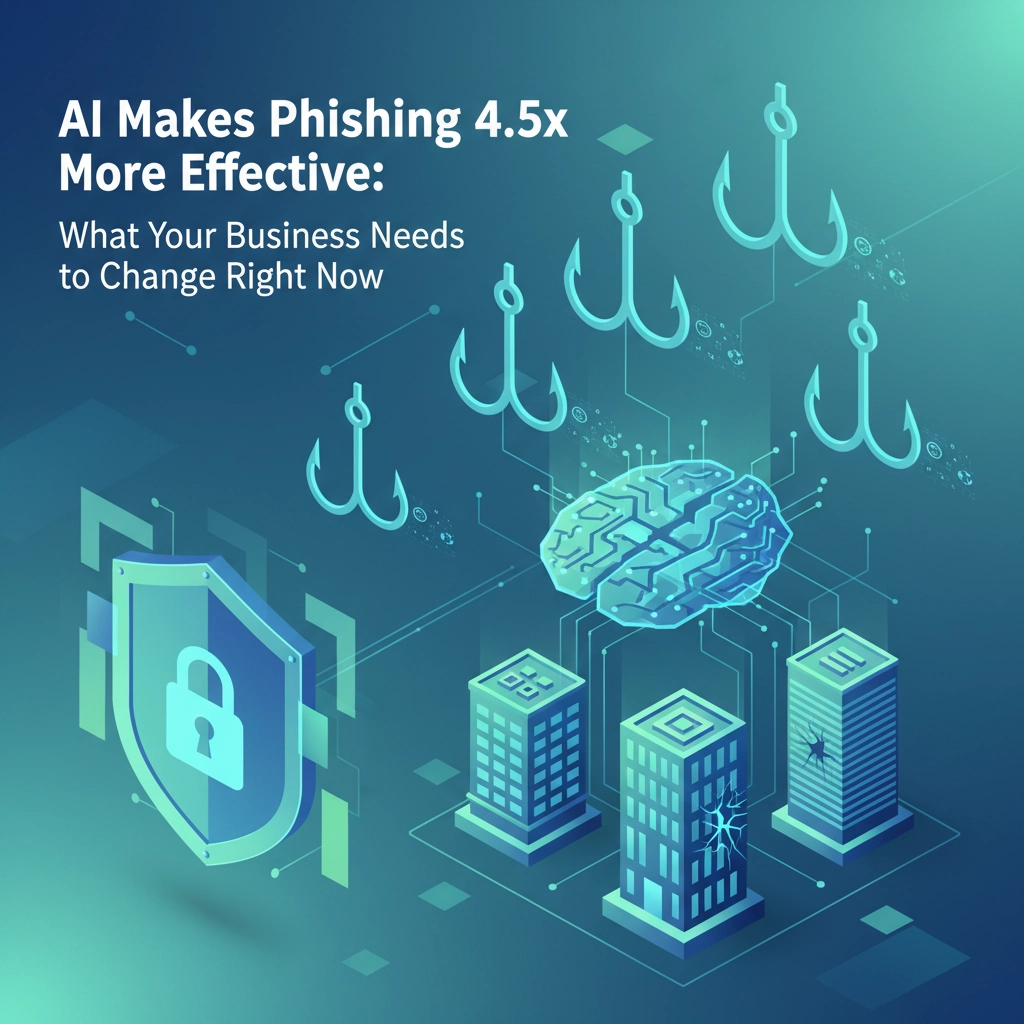Here's a question that might surprise you: What if I told you that better cybersecurity could actually make your business run faster, not slower?
Most business owners think of IT security as a necessary evil, something that slows down employees with extra steps, complicated passwords, and constant updates. But here's the thing: when done right, solid cybersecurity doesn't just protect your business, it becomes the foundation that lets you grow faster and work more efficiently.
The Old Way of Thinking (And Why It's Wrong)
For years, businesses have treated security and productivity like they're fighting each other. More security means more hoops to jump through, right? Longer passwords, two-factor authentication, restricted access, all stuff that makes employees grumble and slows things down.
But this thinking misses the bigger picture entirely.
Think about it this way: imagine you're trying to build a house, but you keep getting interrupted by break-ins. Every time thieves show up, you have to stop construction, clean up the mess, replace stolen tools, and start over. How fast is that house getting built?
That's exactly what happens to businesses with weak security. They might save a few minutes here and there by skipping security steps, but when something goes wrong, and it will, they lose days, weeks, or even months of productivity dealing with the fallout.

The Real Cost of "Getting By" with Weak Security
Let me tell you about a small accounting firm I worked with last year (names changed, obviously). They had about 15 employees and prided themselves on being "efficient", which mostly meant they avoided any security measures that seemed like extra work.
No multi-factor authentication because it was "too slow." Shared passwords because it was "easier." Employees using personal devices and cloud storage because it was "more convenient."
Then one Tuesday morning, their office manager clicked on what looked like a legitimate invoice from a vendor. Within hours, ransomware had locked down every computer in the office. Their files were encrypted. Their backups were corrupted. Their phones were ringing off the hook with clients asking about their tax returns.
The "efficient" firm was offline for eight days.
Eight days of zero productivity. Eight days of panicked clients. Eight days of paying employees who couldn't work. Eight days of emergency IT consultants charging premium rates. Not to mention the ransom payment, the lost client data, and the damaged reputation.
All because they thought security would slow them down.
How Good Security Actually Speeds Things Up
Now let me tell you about another business: a manufacturing company with about 50 employees. When I first met them, their owner was skeptical about investing in "fancy security stuff." But after walking through what proper security actually looked like, something clicked.
Here's what we implemented:
Single Sign-On (SSO): Instead of juggling 15 different passwords for various systems, employees now log in once and access everything they need. Login time went from several minutes per day to seconds.
Automated Patch Management: Instead of employees clicking "remind me later" on updates (and creating security holes), critical updates happen automatically during off-hours. No more interrupted work, no more vulnerable systems.
Cloud-Based Backup with Quick Recovery: Instead of crossing fingers and hoping the old backup drive works, they now have automatic, tested backups that can restore files in minutes, not hours.
Secure Remote Access: Instead of employees emailing files back and forth (creating security risks and version confusion), they can securely access everything from anywhere, maintaining productivity whether they're in the office or working from home.
The result? Their IT-related downtime dropped by 90%. Employees stopped losing time to password resets, system crashes, and "can you help me access this file" requests. The owner told me it was like getting an extra day of productivity every week.

The Security Features That Actually Make You Faster
Good security doesn't just prevent bad things: it actively makes your daily operations smoother. Here are some examples:
Centralized User Management: One system to control who has access to what. New employee? Set them up in minutes with all the right permissions. Someone leaves? Revoke all access instantly. No more hunting through different systems or forgetting to remove access somewhere.
Automated Monitoring: Systems that catch problems before they become disasters. Hard drive starting to fail? Get alerted before it crashes and takes your data with it. Unusual network activity? Stop threats before they spread.
Secure File Sharing: Instead of emailing documents back and forth (and losing track of which version is current), secure collaboration tools let teams work on the same files in real-time, with automatic version control and access permissions.
Mobile Device Management: Employees can use their devices securely without IT having to manually configure each phone and tablet. Productivity of remote work without the security headaches.
The Hidden Productivity Killer: Security Theater
Here's where a lot of businesses go wrong: they implement what I call "security theater." These are measures that look like security but actually just create frustration without making you safer.
Things like:
- Password policies so complex that people write them down on sticky notes
- So many security pop-ups that employees just click "OK" without reading
- Blocking useful websites while leaving real vulnerabilities wide open
- Requiring VPN for everything, including checking email
Real security is invisible when it's working properly. Your employees should feel like they have superpowers: they can work from anywhere, access what they need instantly, collaborate seamlessly, and never worry about losing their work.

The Growth Connection
Here's where the productivity gains turn into real business growth:
Confident Remote Work: With proper security, you can hire the best people regardless of location. Your talent pool just expanded from your local area to anywhere with internet.
Faster Client Onboarding: Secure systems mean you can quickly and safely give new clients access to portals, documents, and collaboration tools. What used to take weeks now takes minutes.
Reliable Operations: When your systems are secure and stable, you can take on bigger projects and more demanding clients because you know your technology won't let you down.
Compliance Made Easy: Many growth opportunities require meeting specific security standards. Having proper security already in place means you can pursue those opportunities instead of spending months getting compliant.
Data-Driven Decisions: Secure systems often include better monitoring and reporting tools, giving you insights that help you optimize operations and identify new opportunities.
Making It Practical: Where to Start
If you're thinking this sounds great but overwhelming, start small:
-
Get your basics right: Multi-factor authentication, regular backups, and updated software. These three things alone prevent the majority of security incidents.
-
Automate the routine stuff: Let technology handle updates, monitoring, and basic maintenance so your people can focus on what actually makes money.
-
Think integration, not addition: Look for security solutions that replace multiple tools or make existing processes easier, not harder.
-
Measure the right things: Track how much time employees spend on IT issues, how often systems are down, and how quickly you can respond to problems. These metrics matter more than "how secure" you feel.
The businesses that get this right don't see security as a cost center: they see it as a competitive advantage. While their competitors are dealing with downtime, data loss, and frustrated employees, they're growing faster, working more efficiently, and sleeping better at night.
Your security isn't just protecting your business: it's unlocking its full potential.
Ready to stop thinking of security as a speed bump and start using it as a growth accelerator? At B&R Computers, we specialize in security solutions that make businesses run faster, not slower. Let's talk about how the right approach can unlock your team's productivity and give you the foundation for serious growth.





